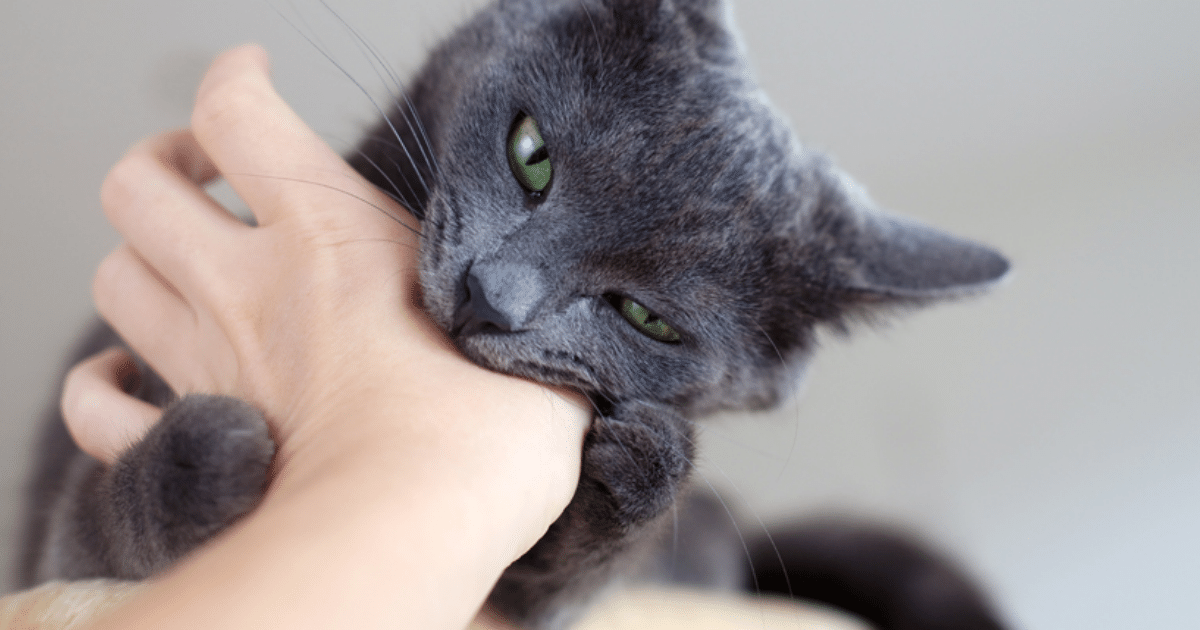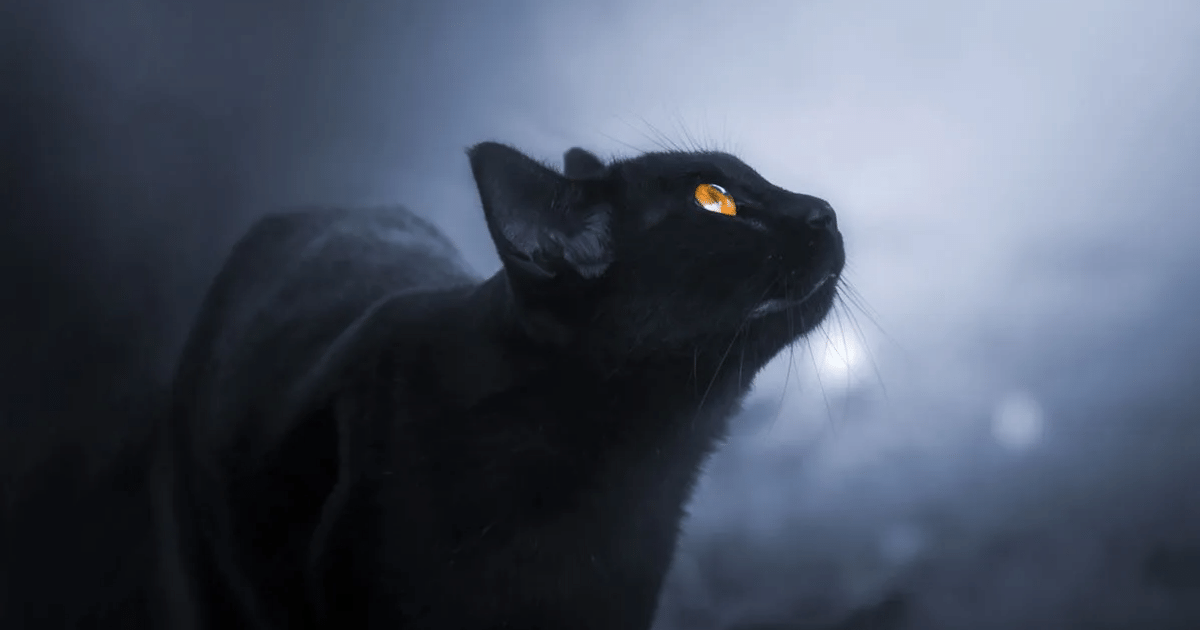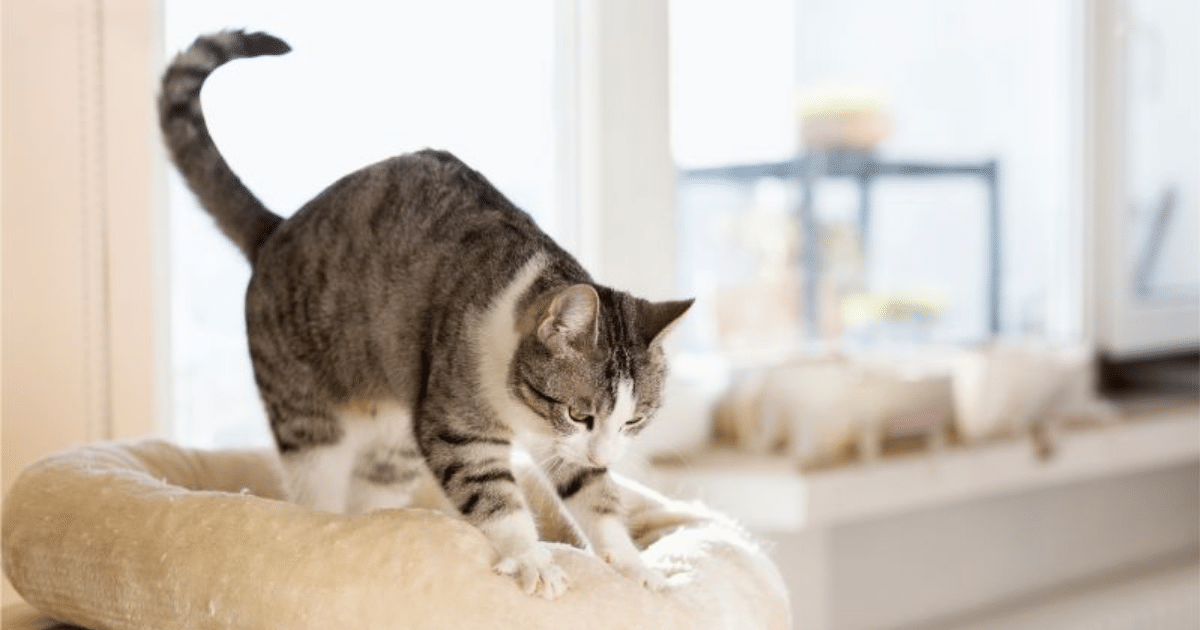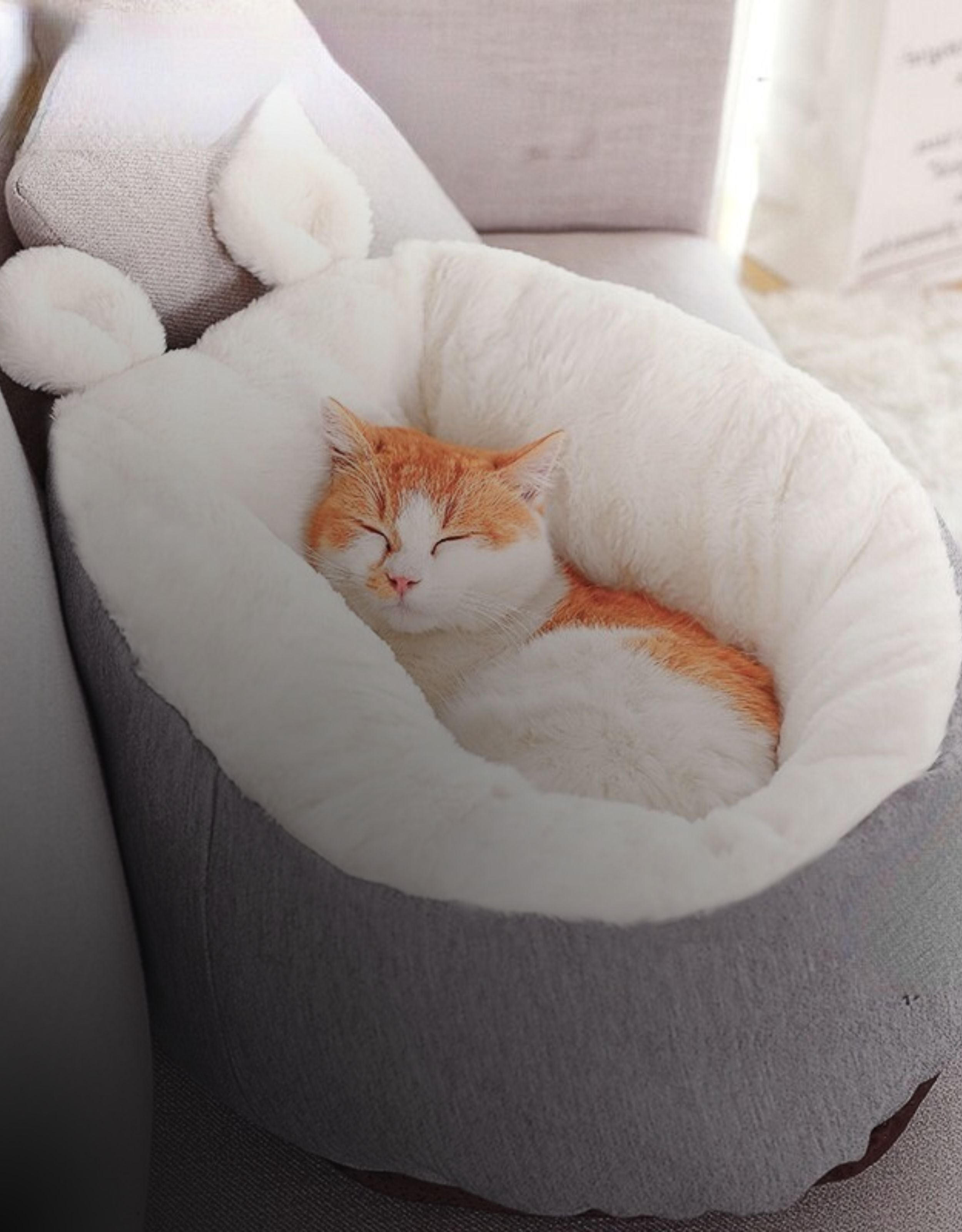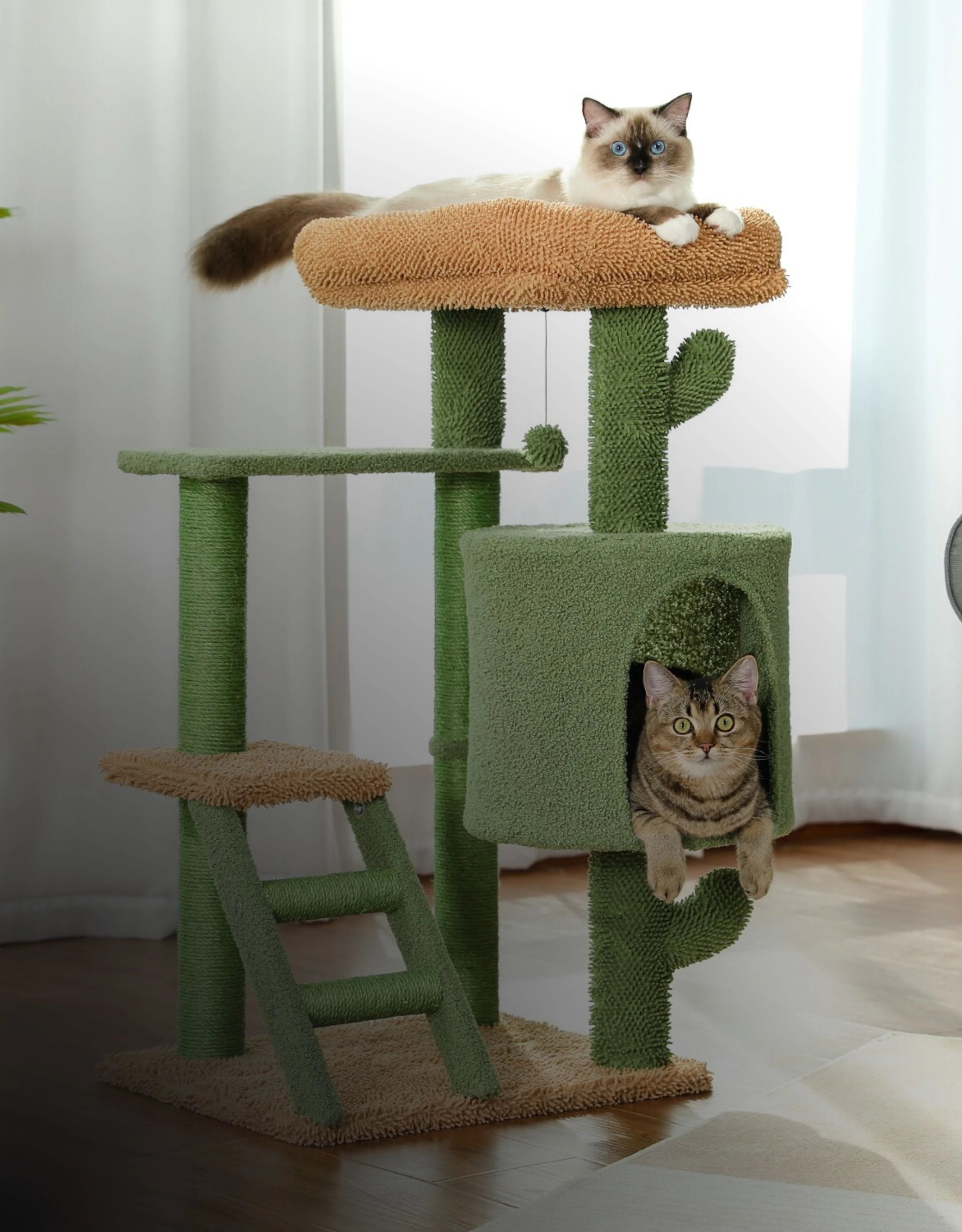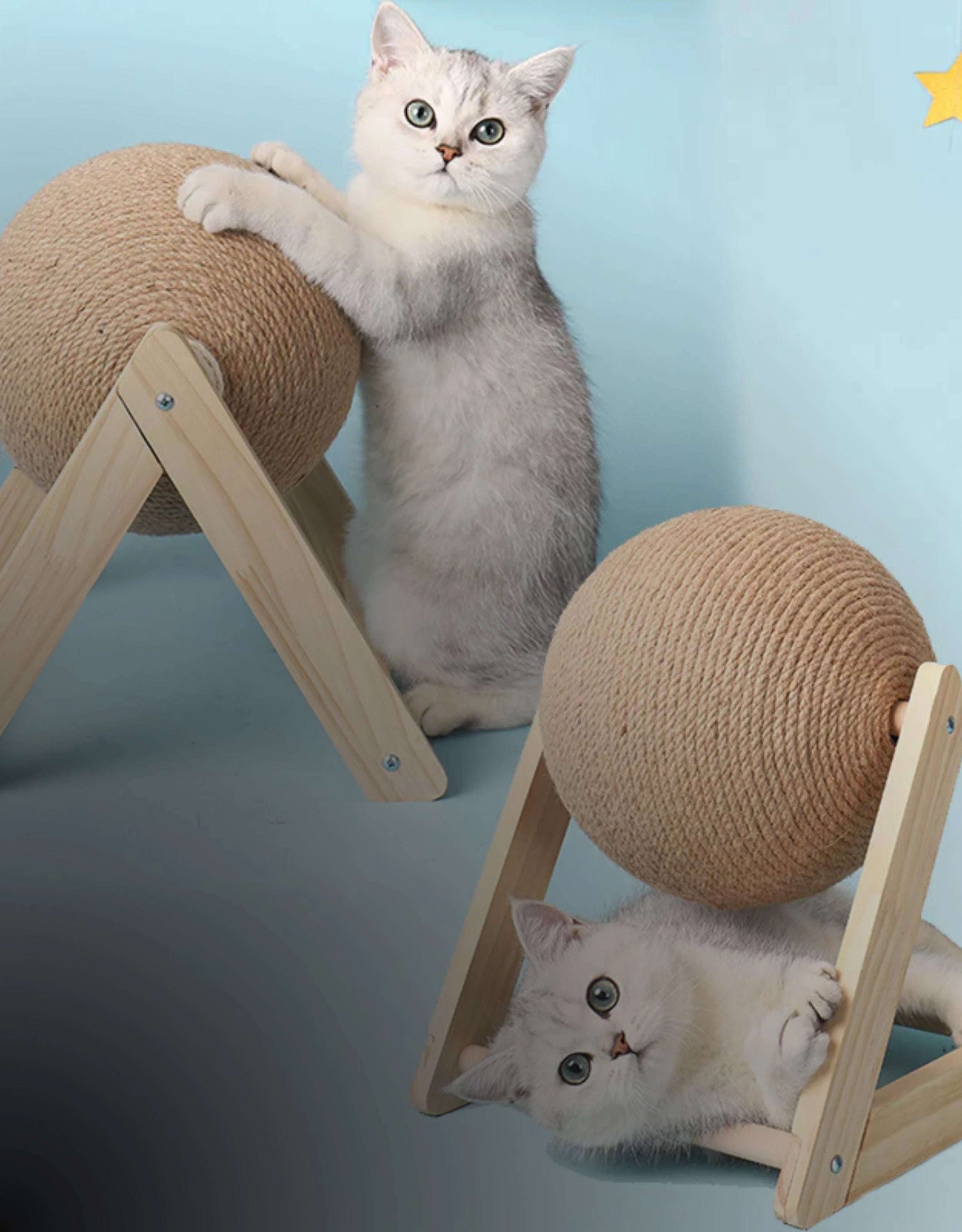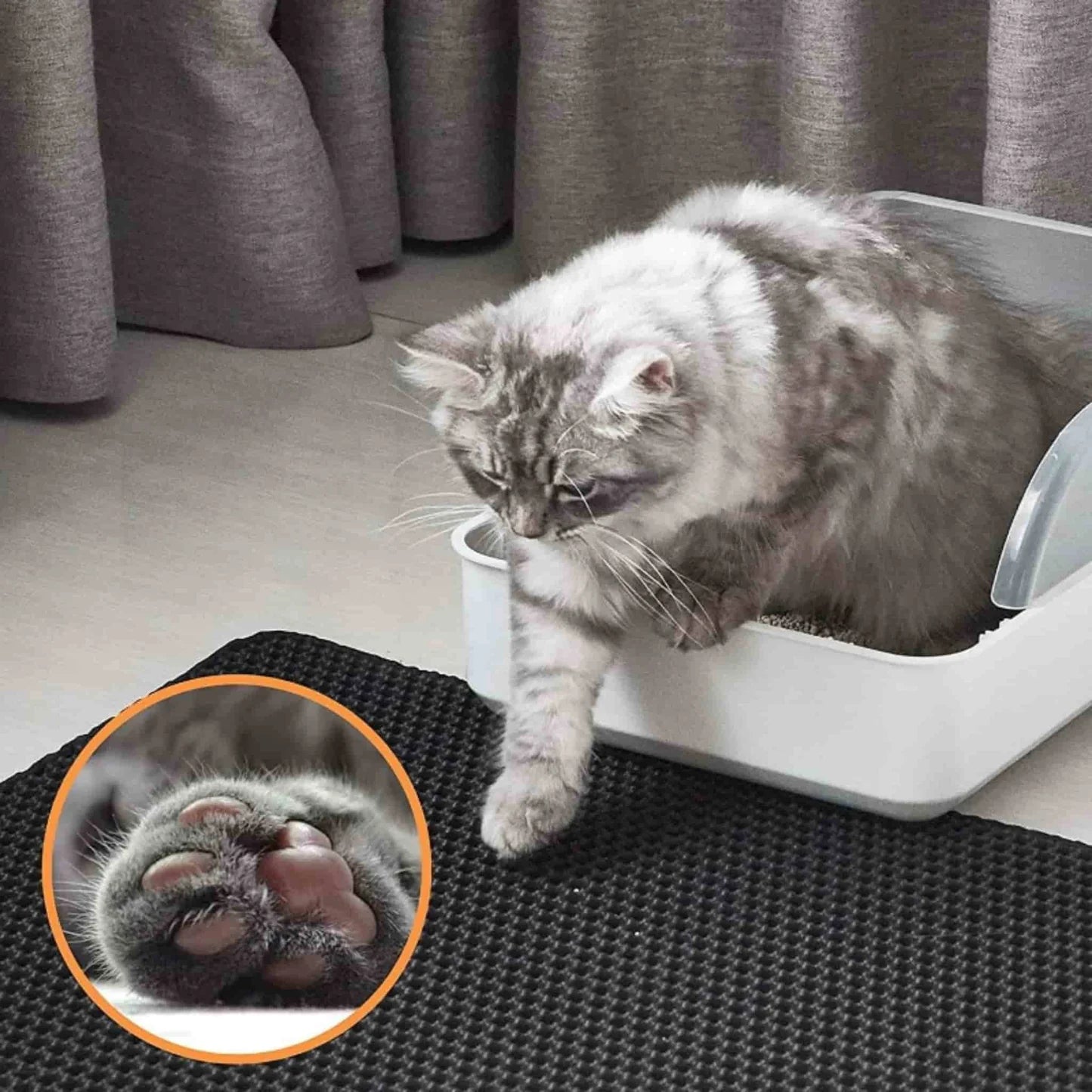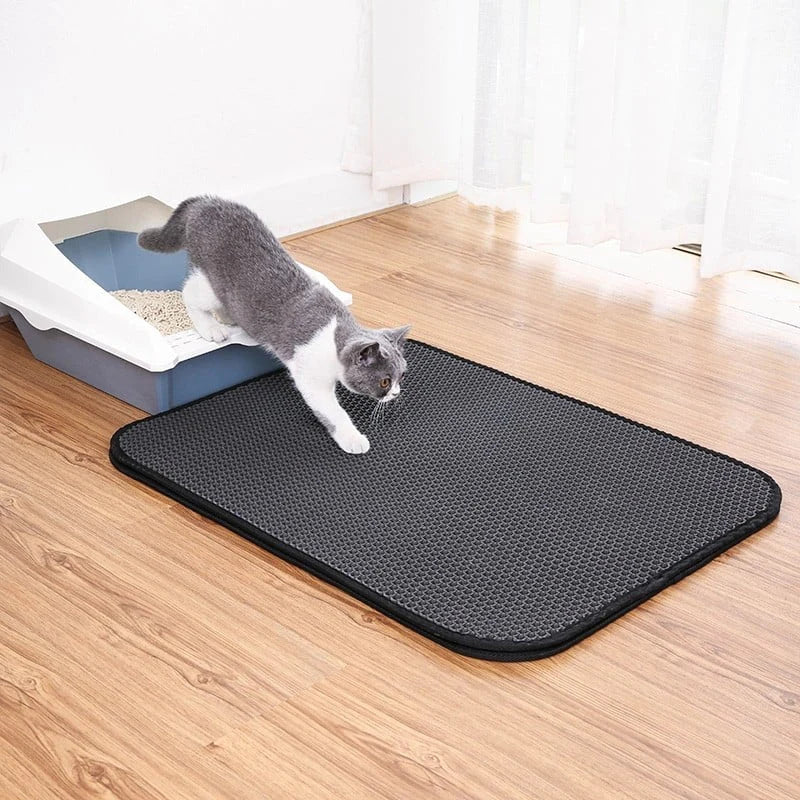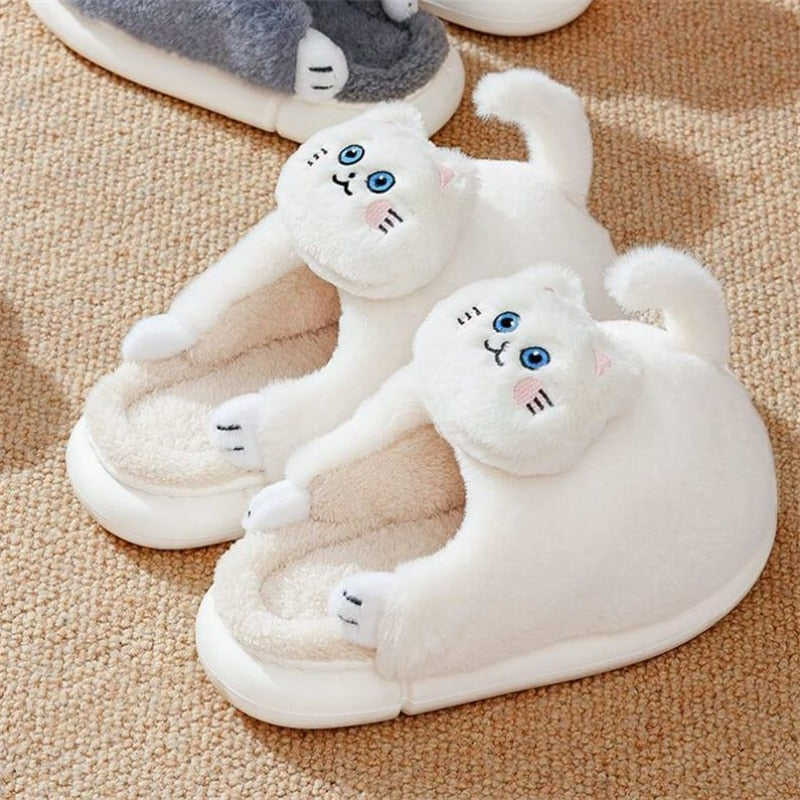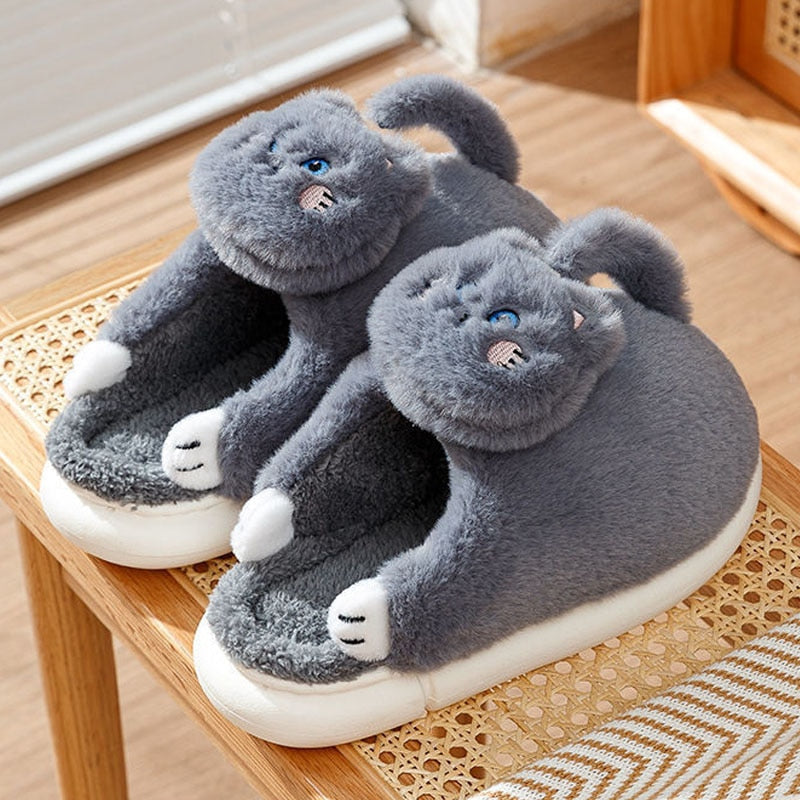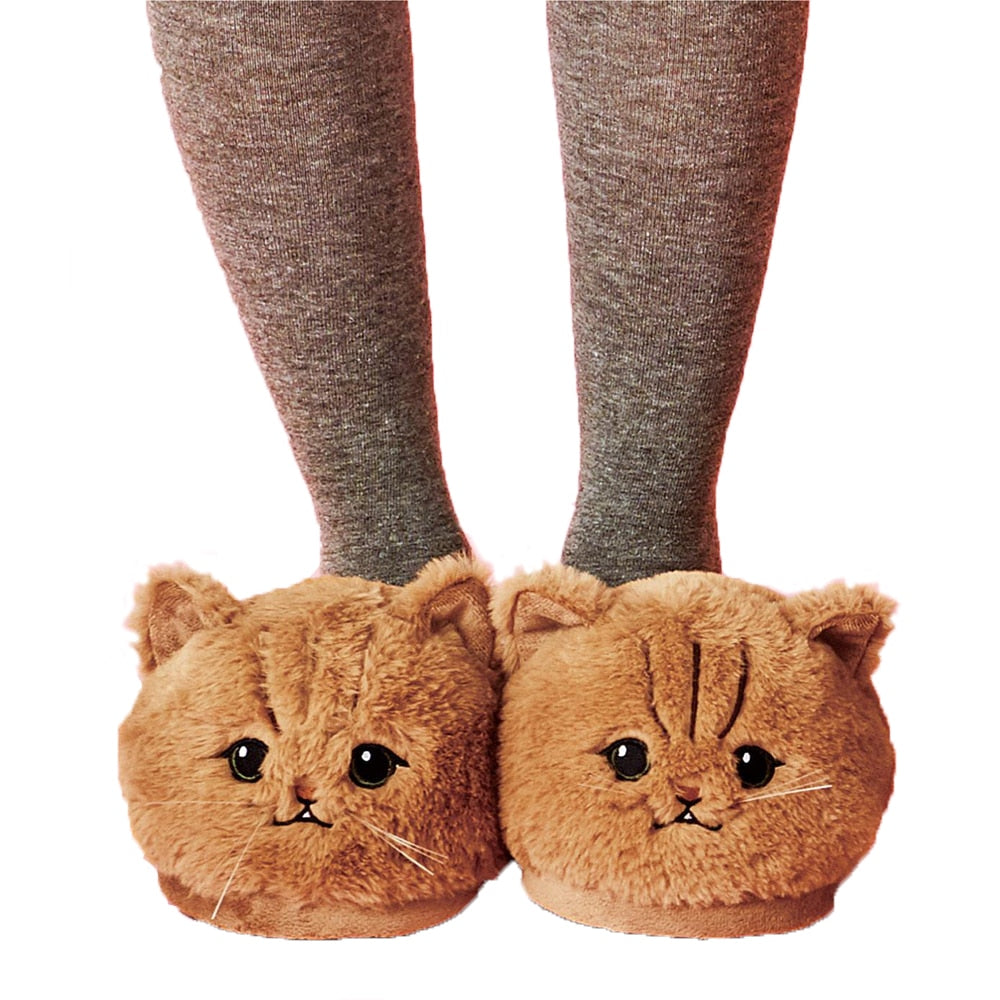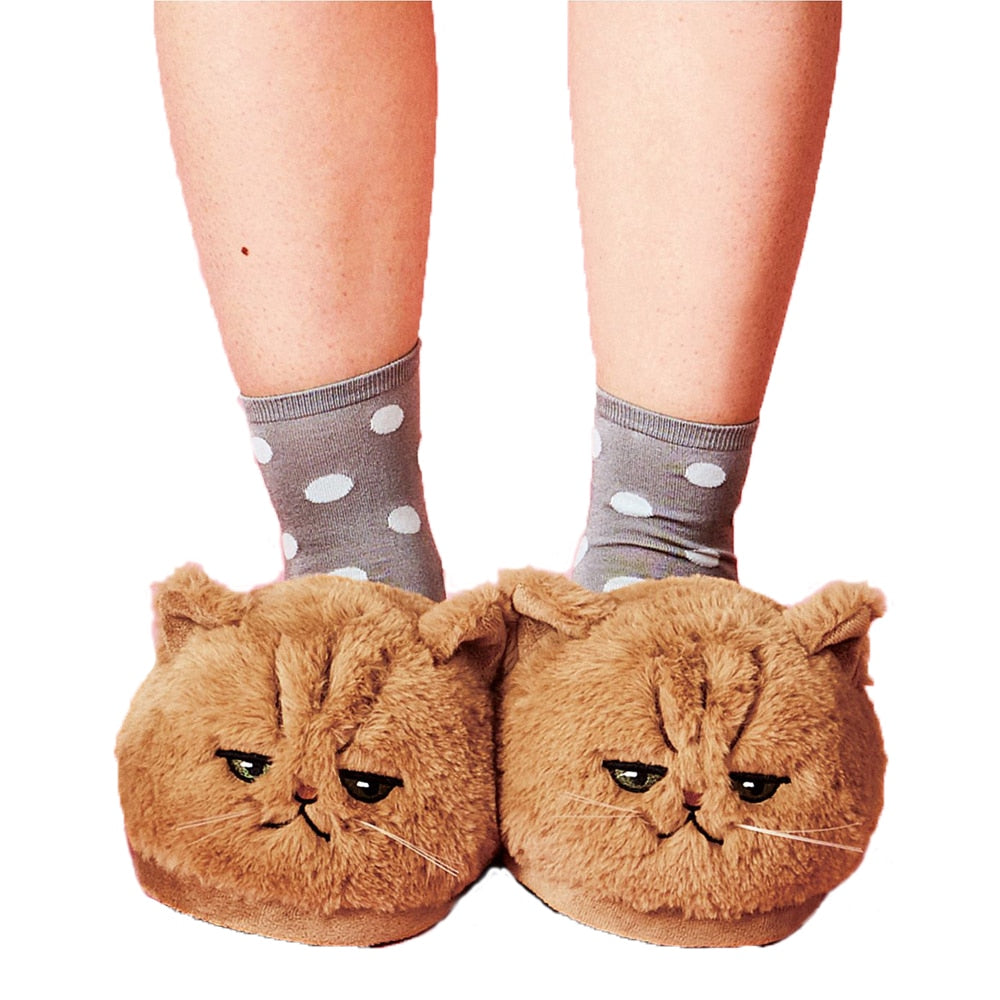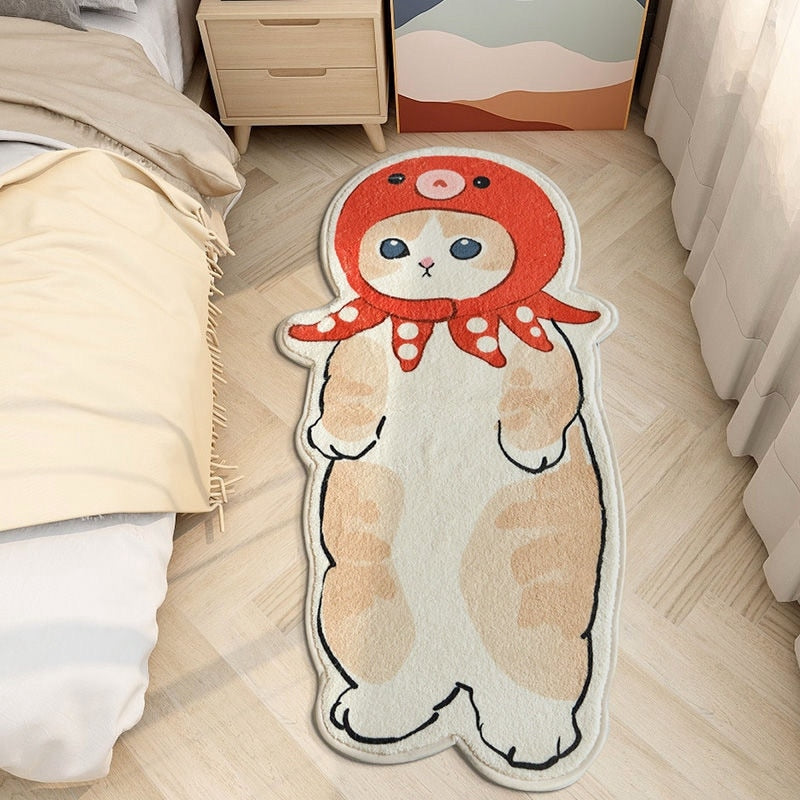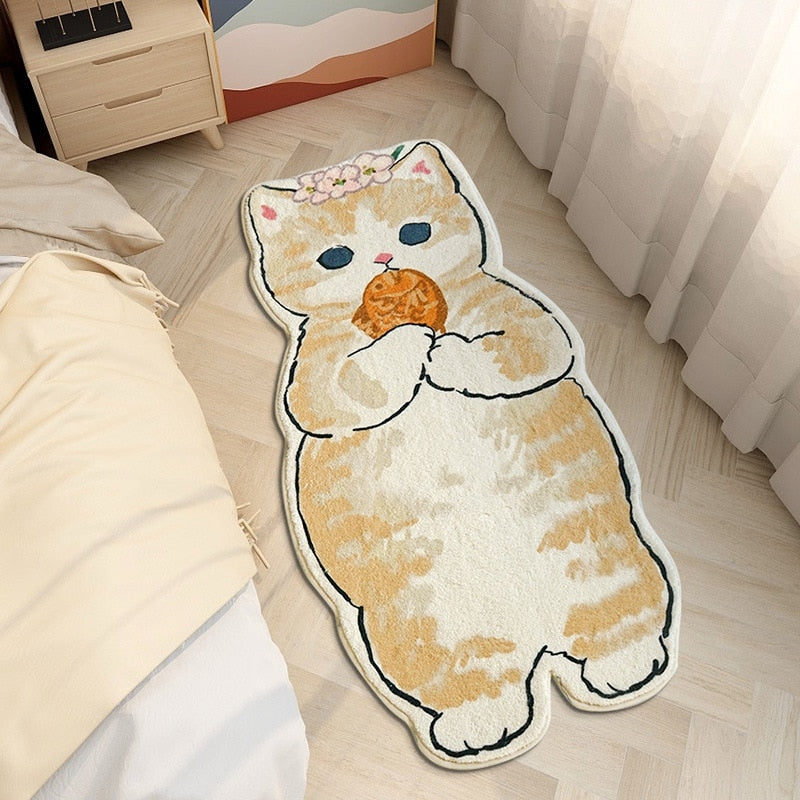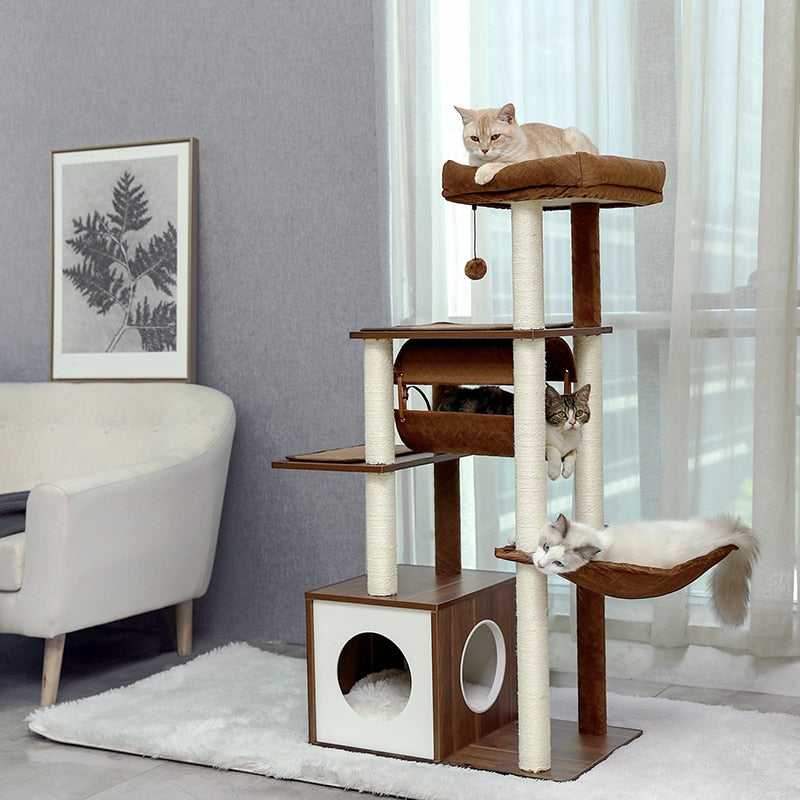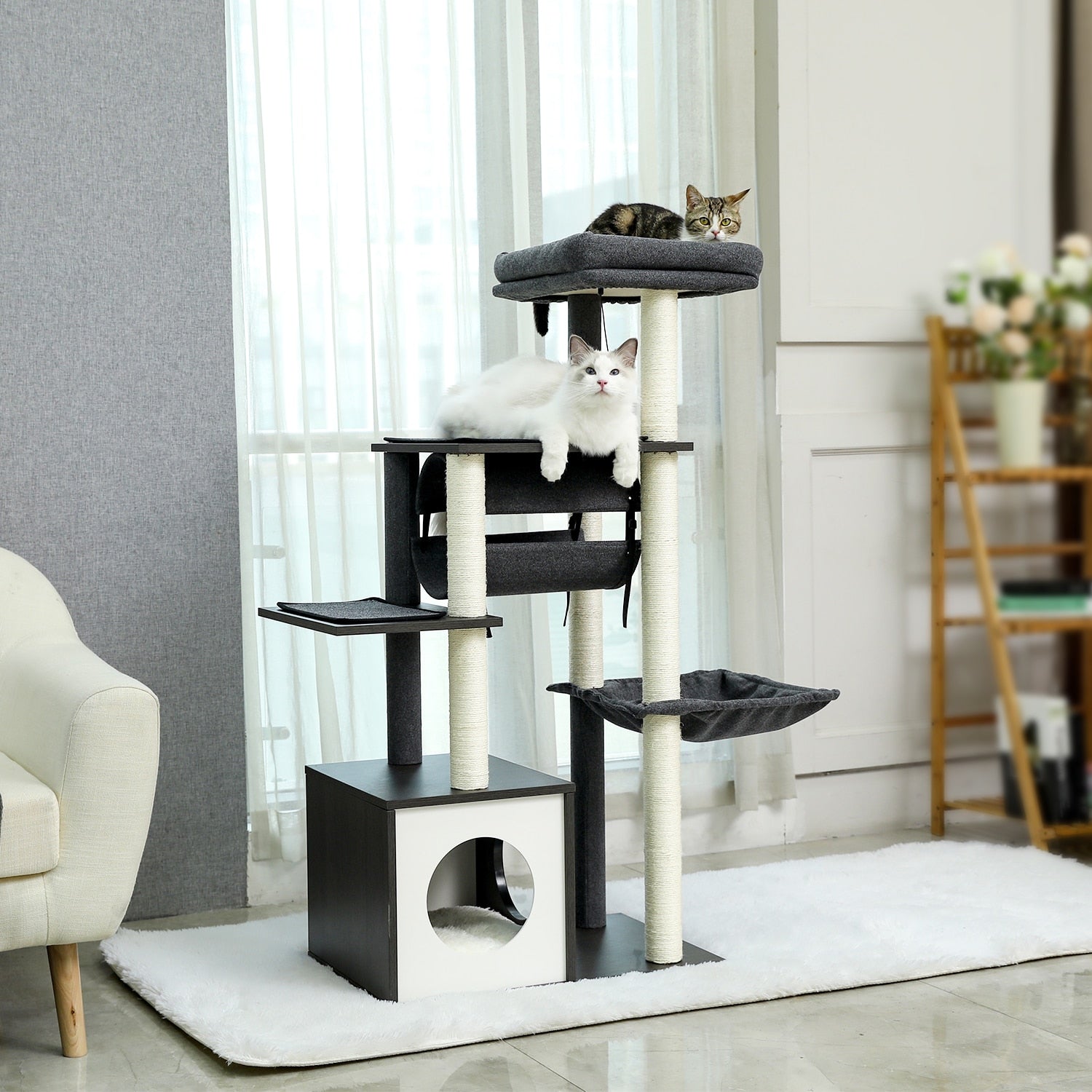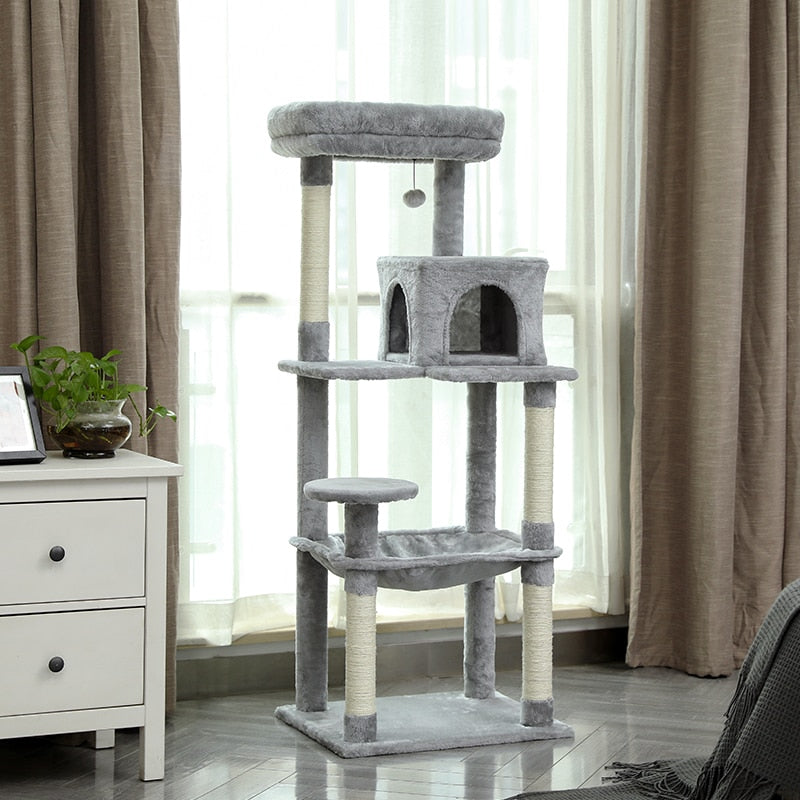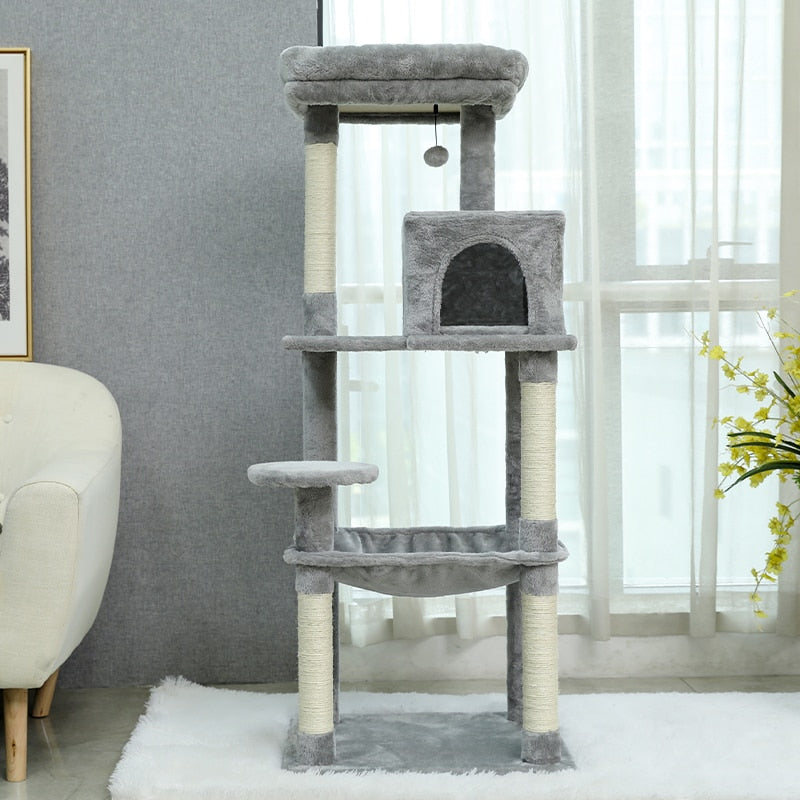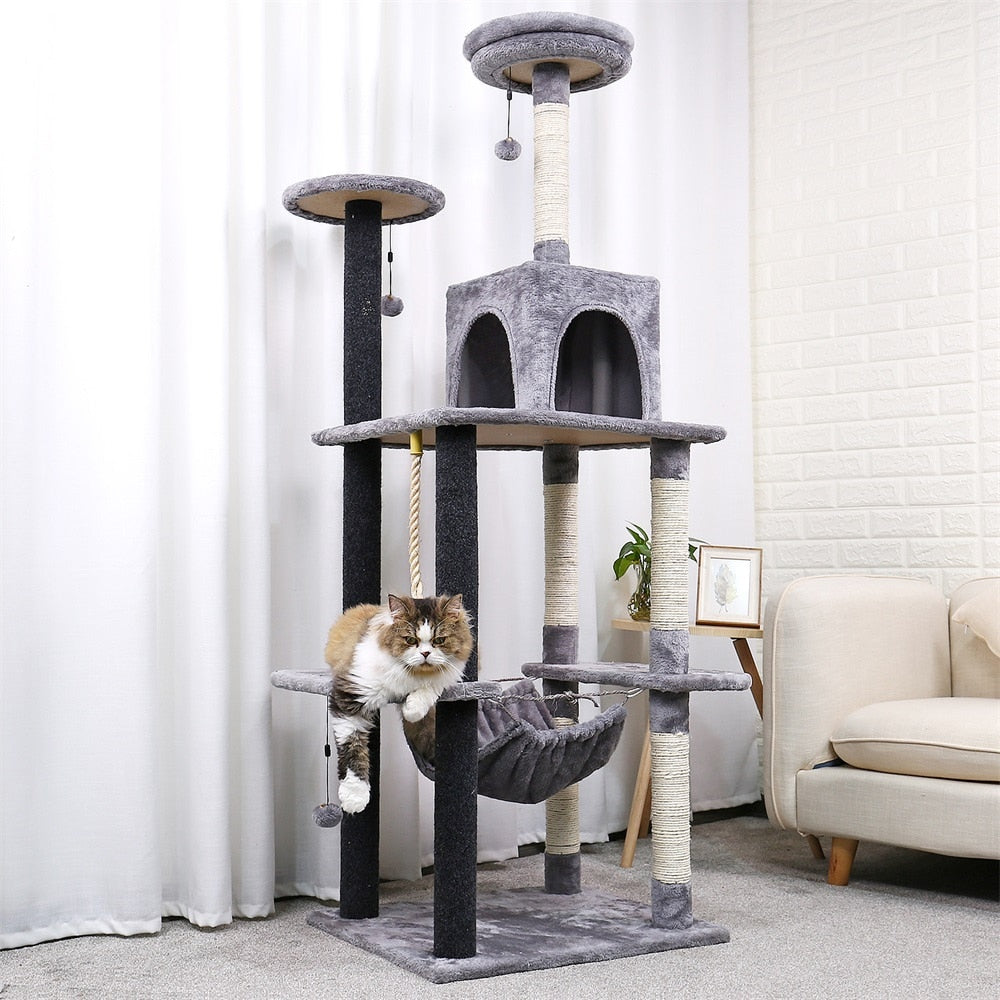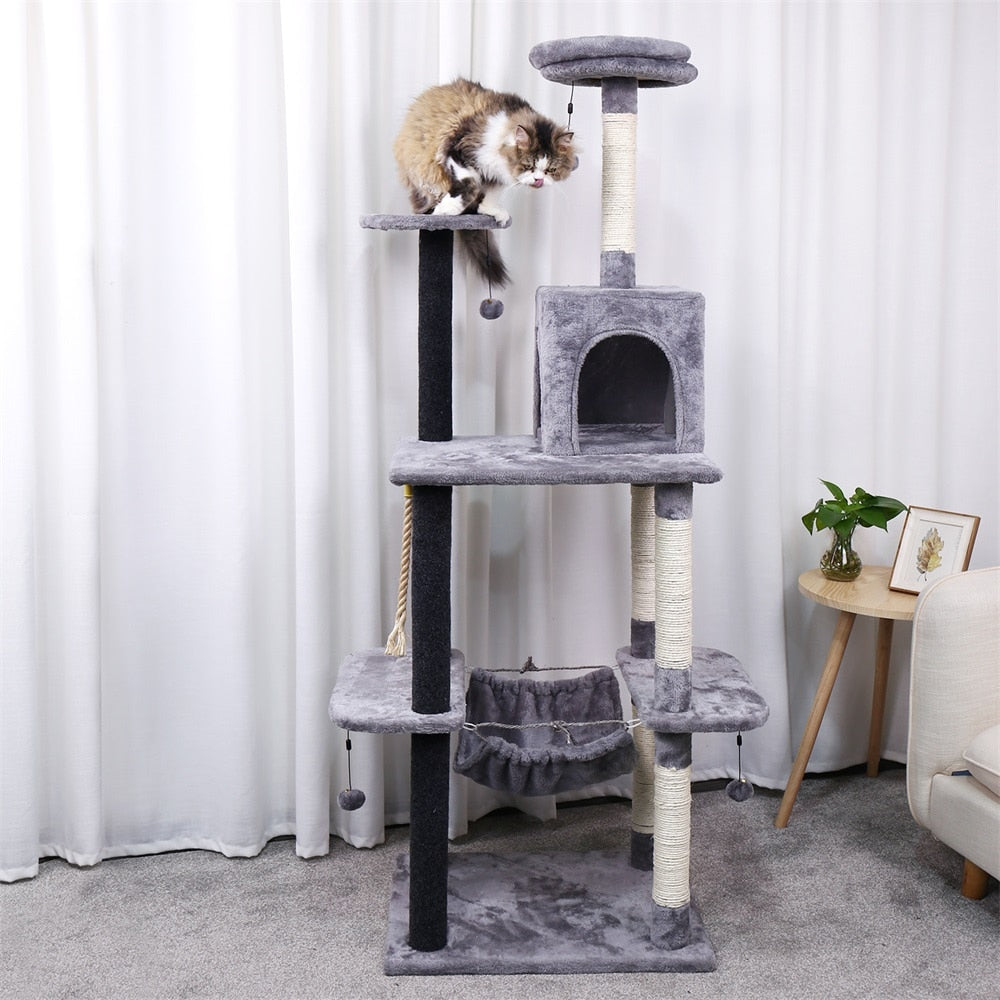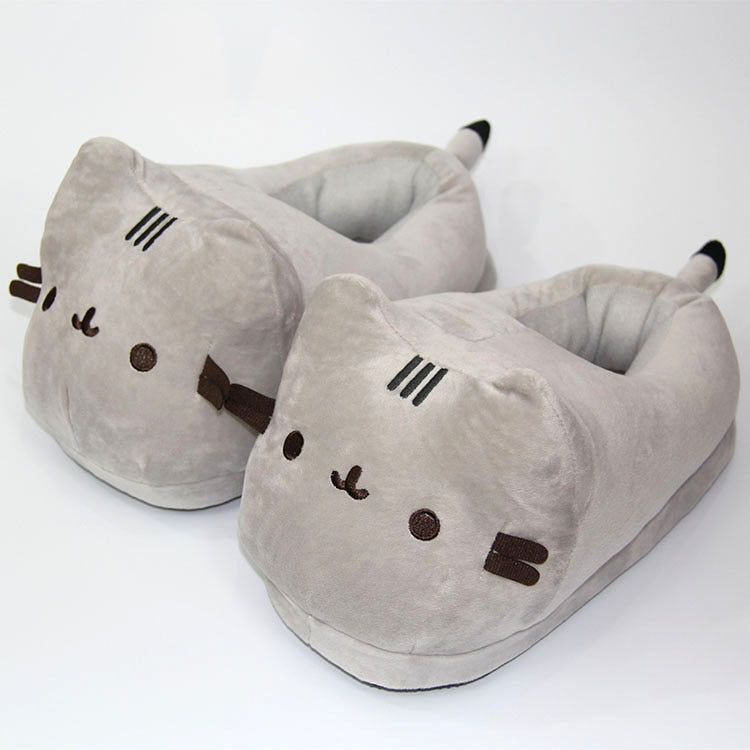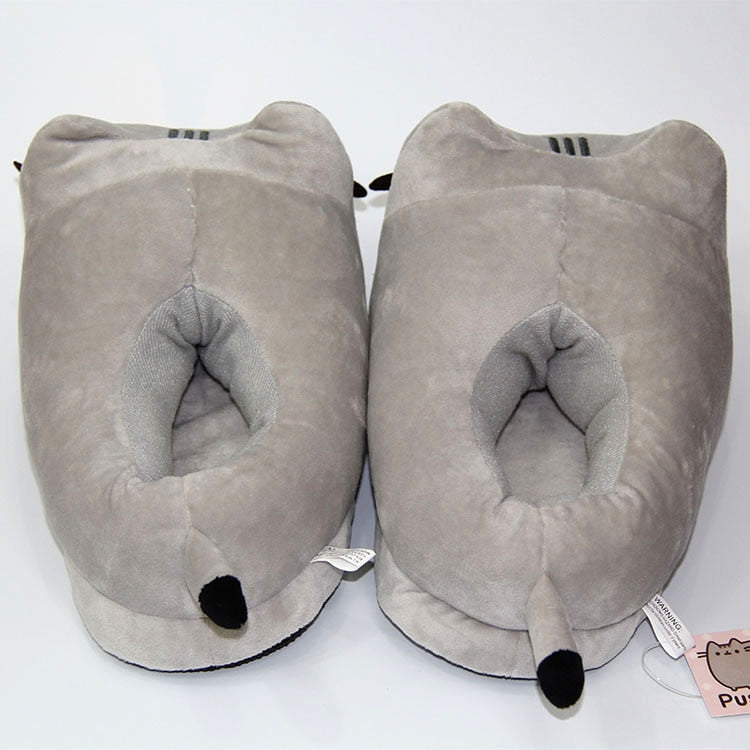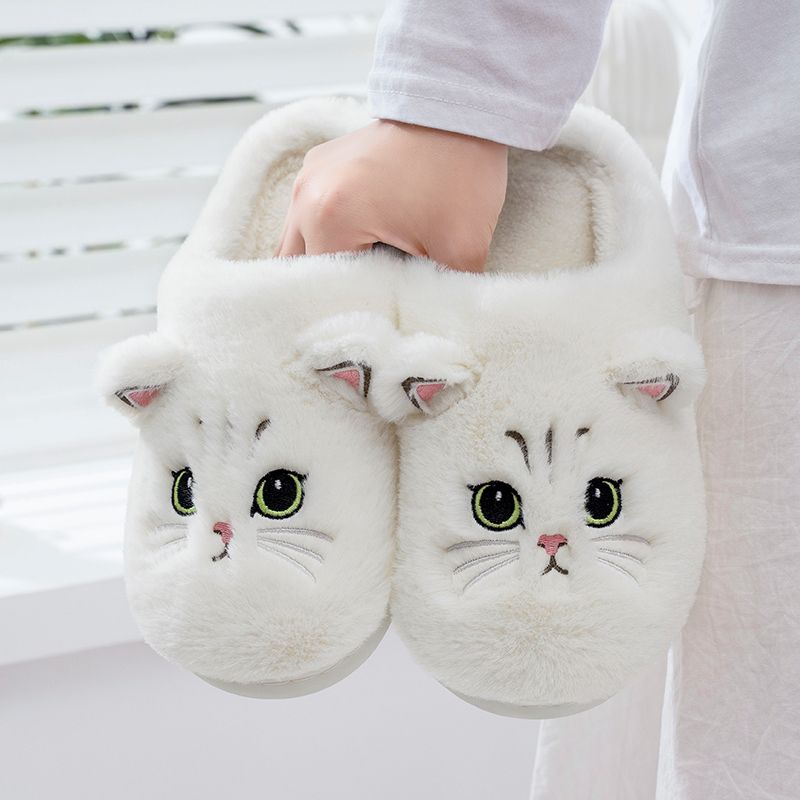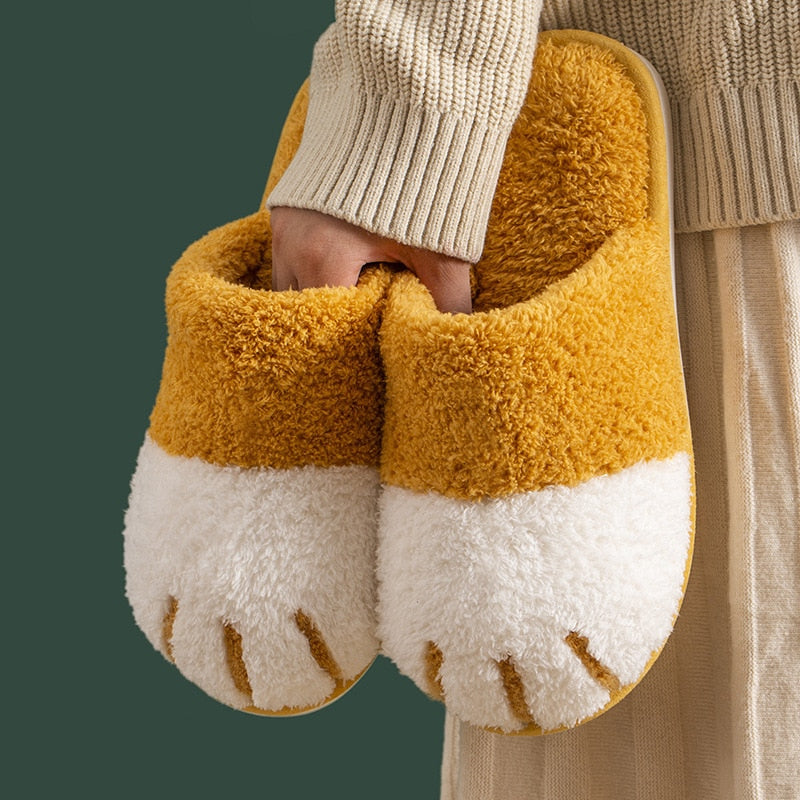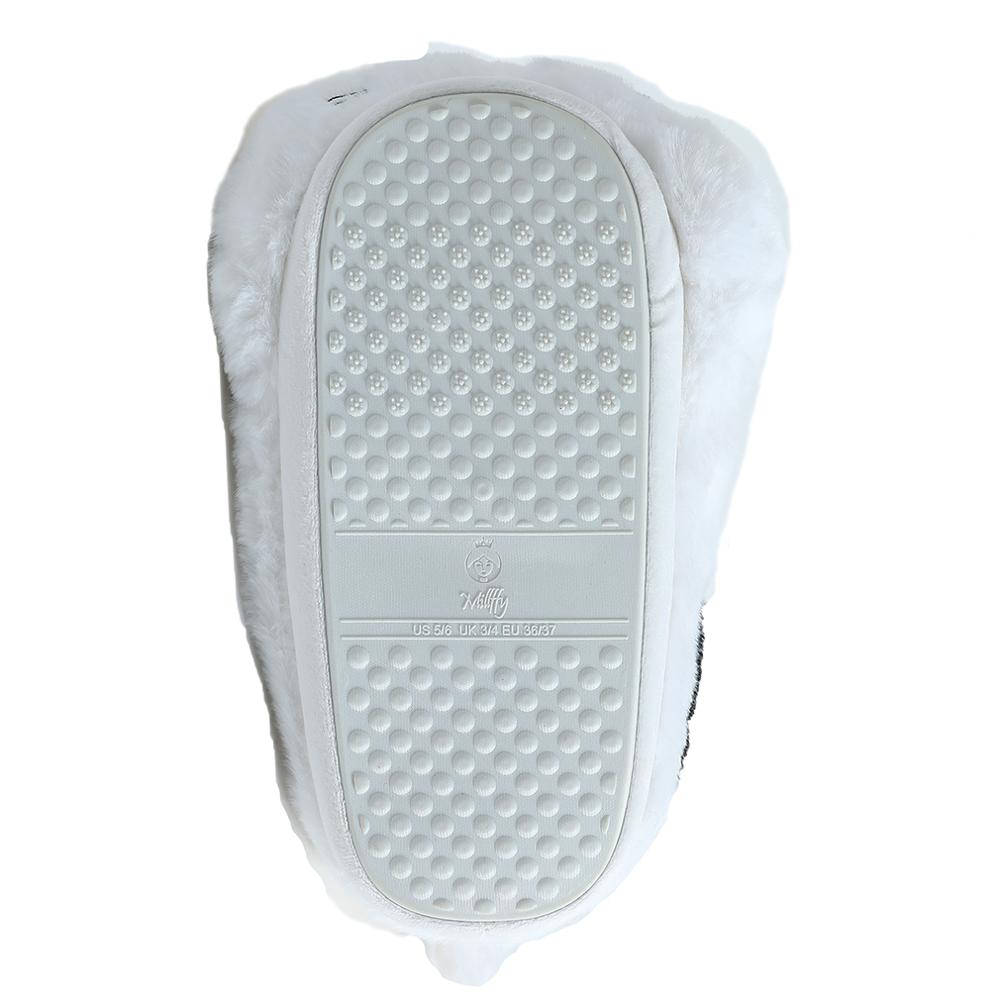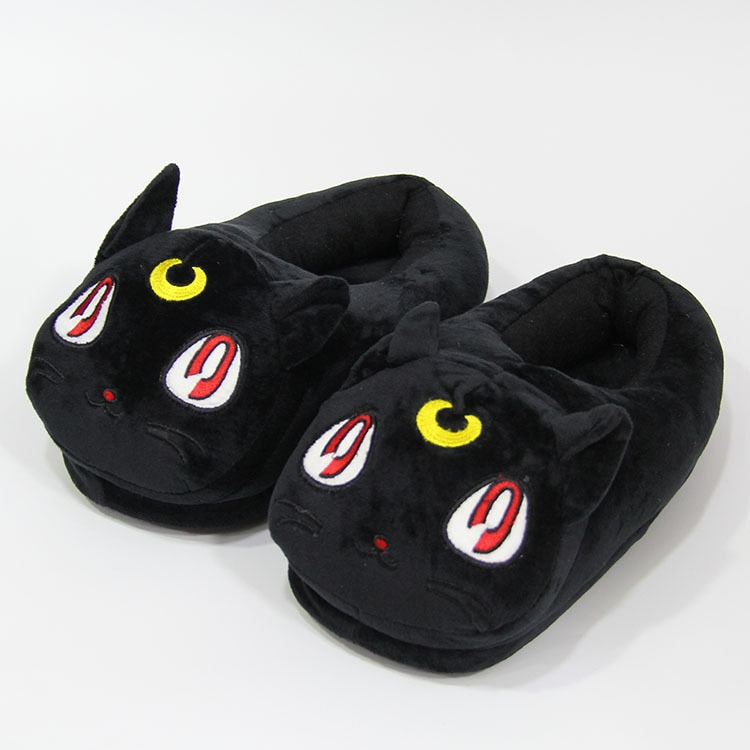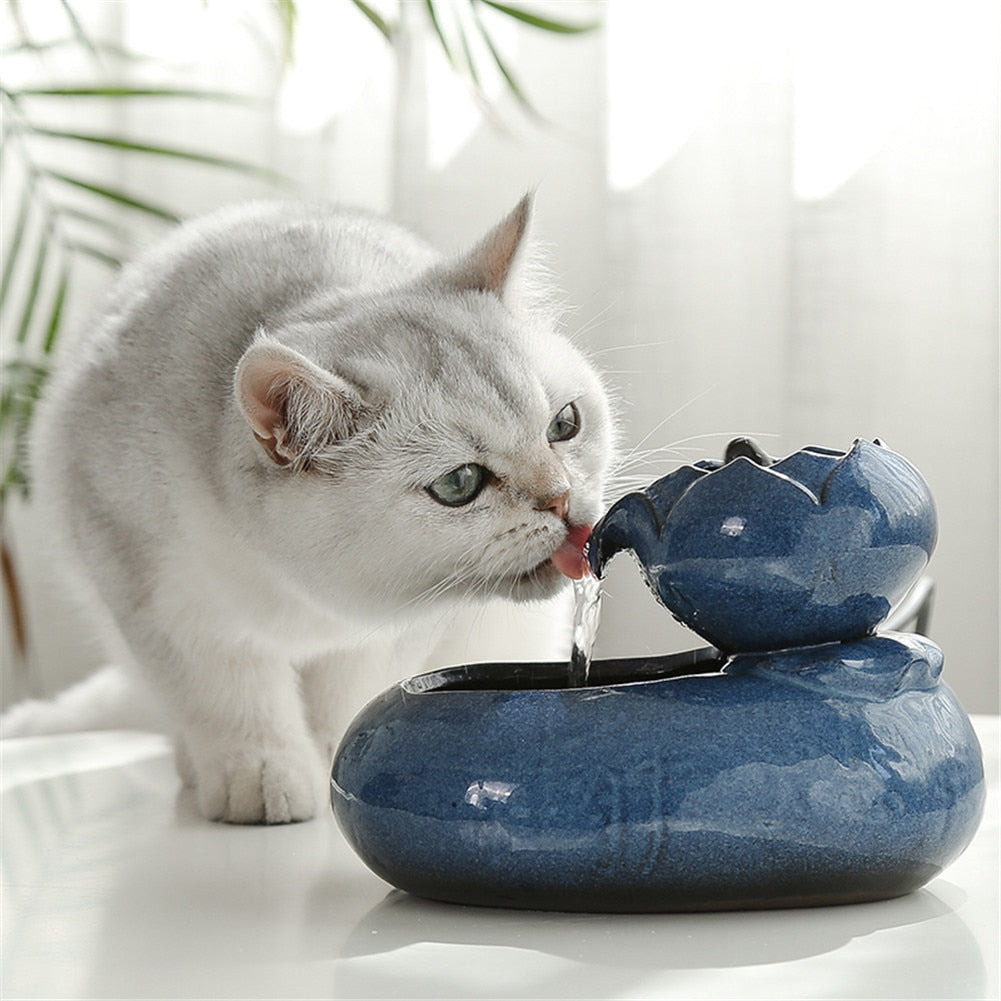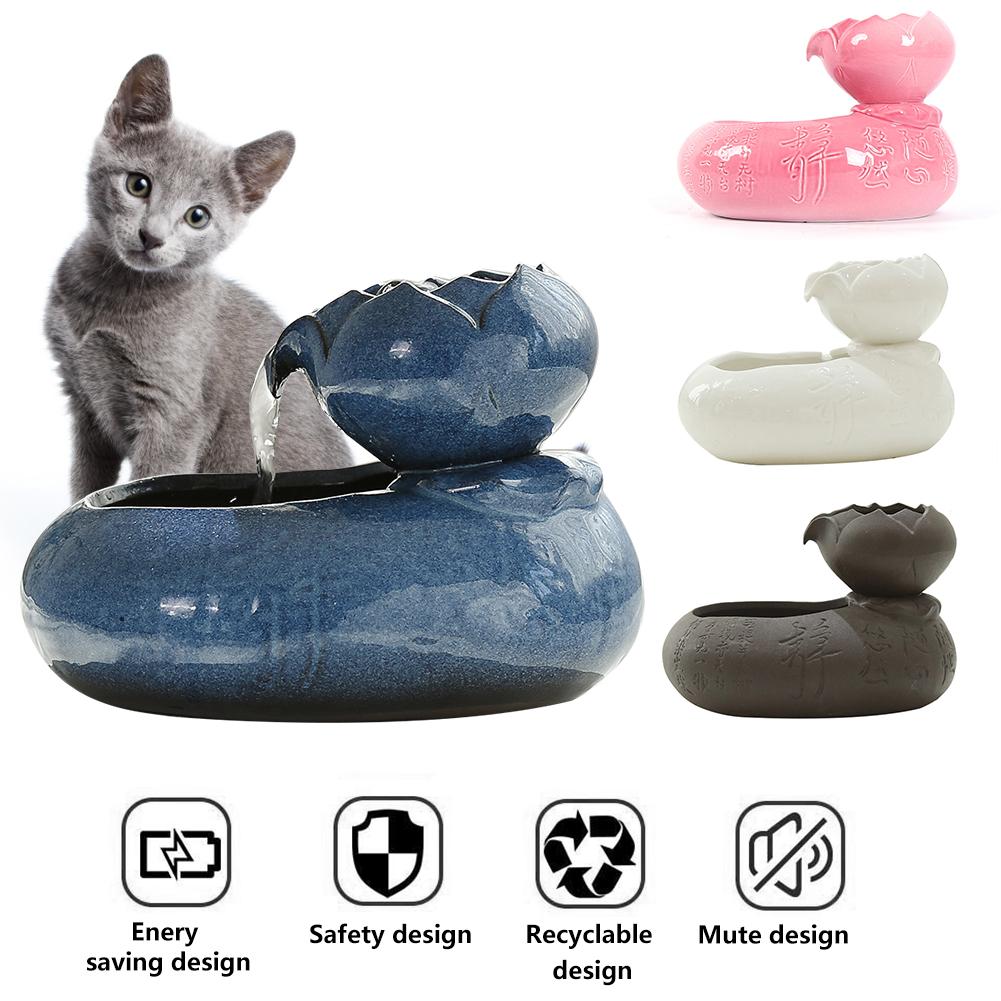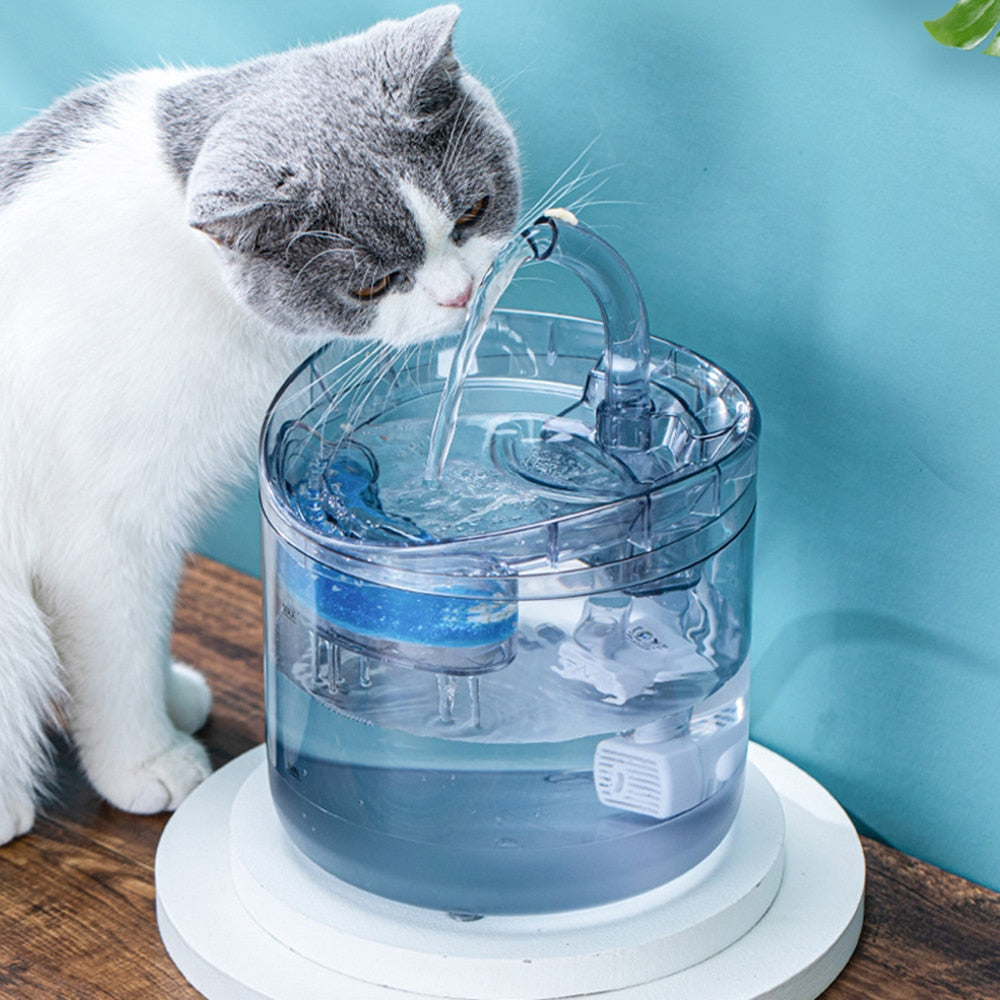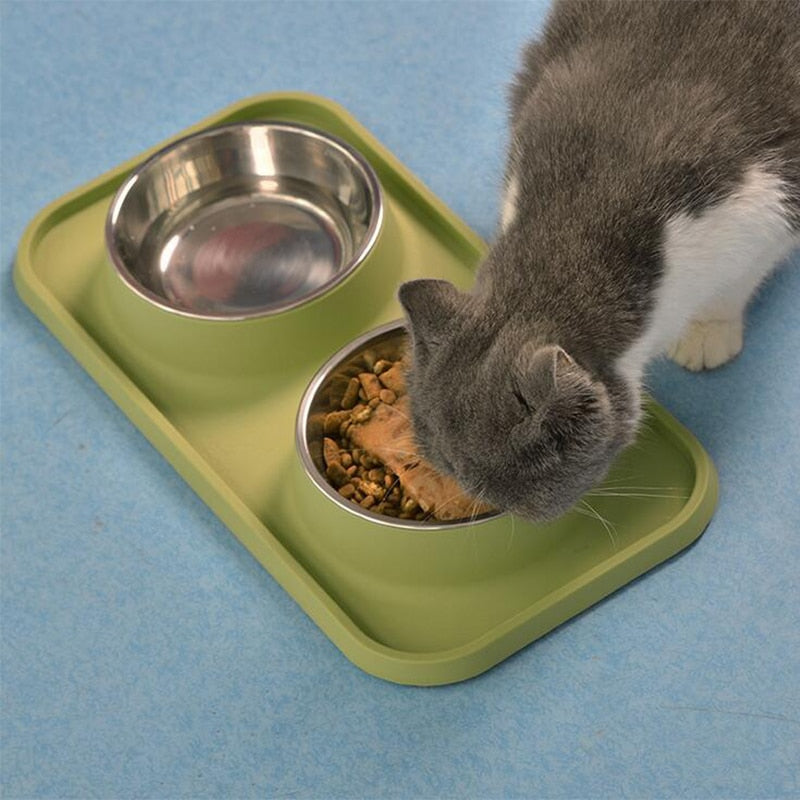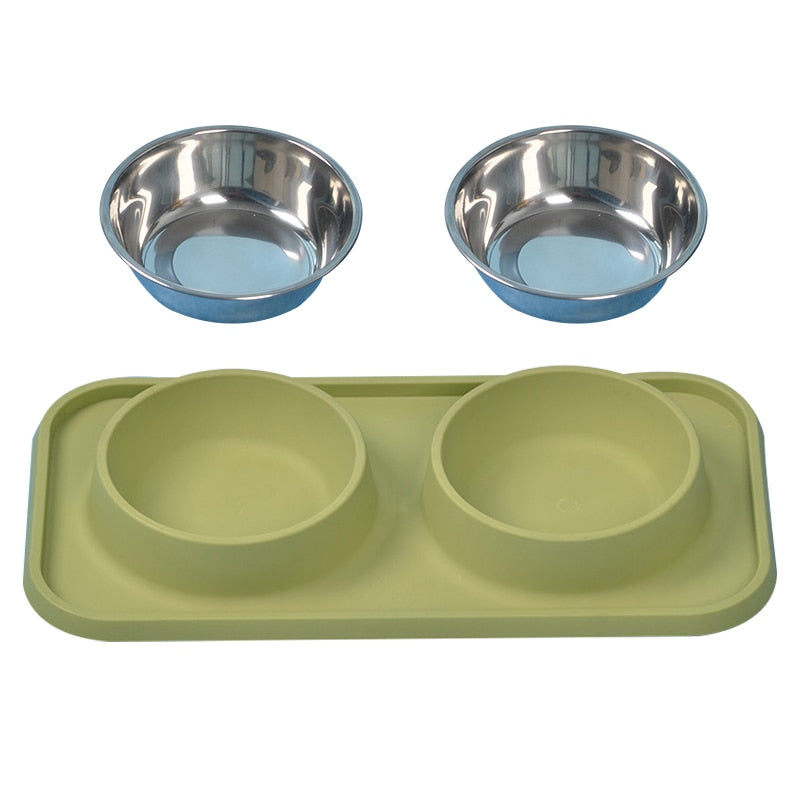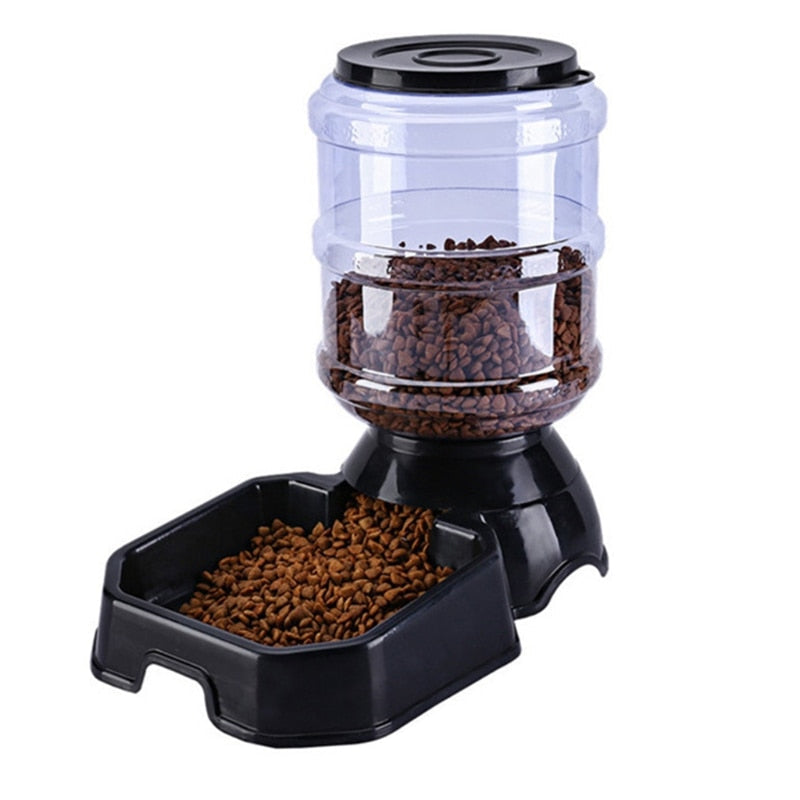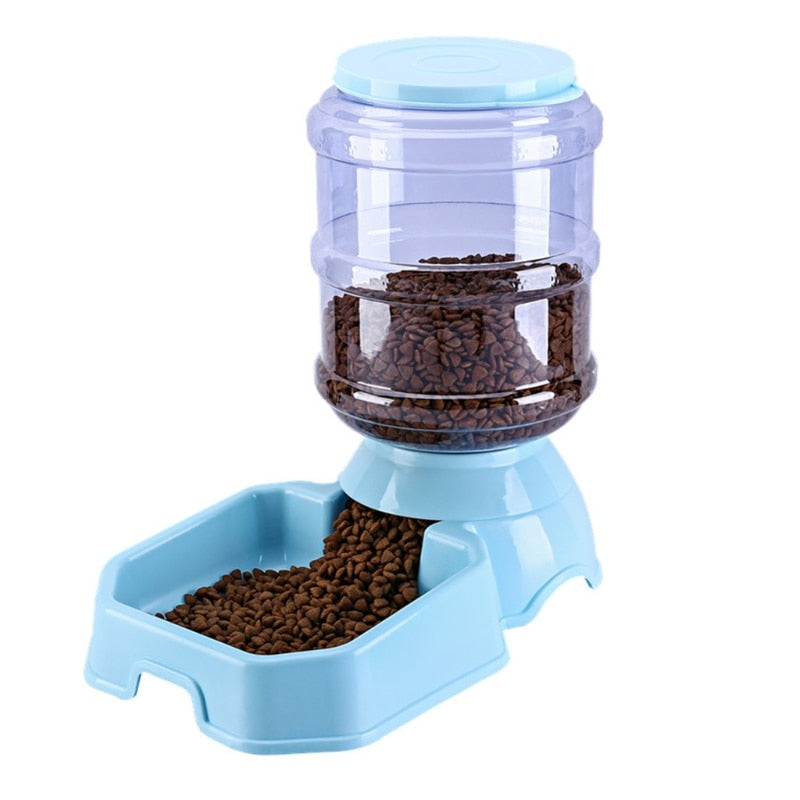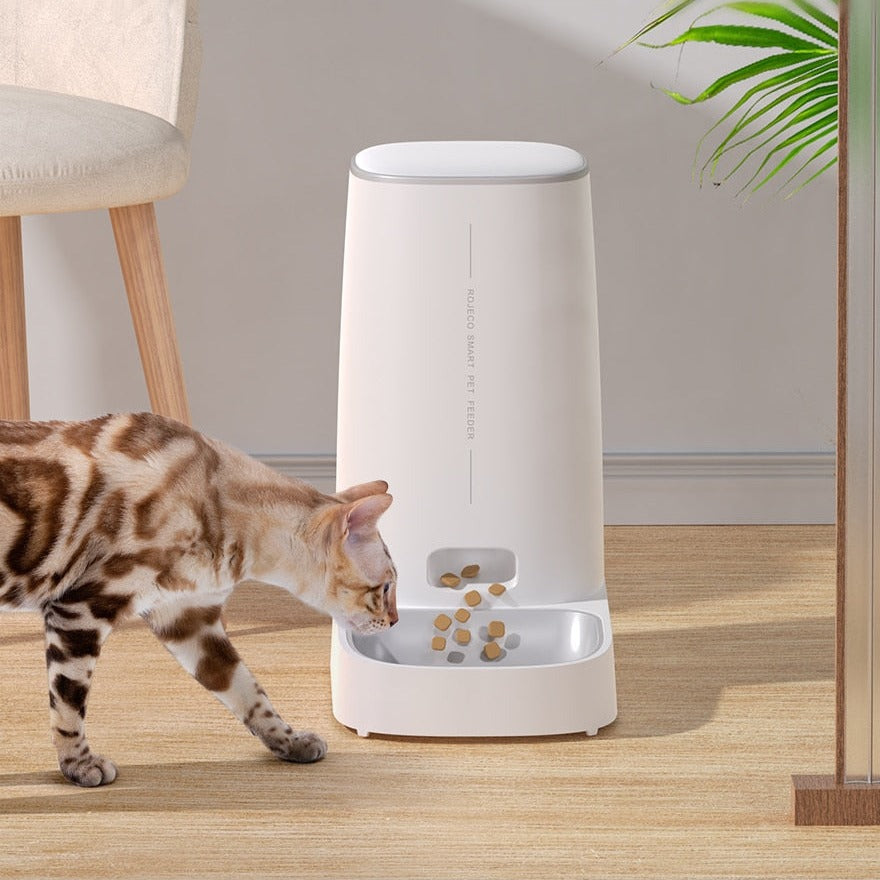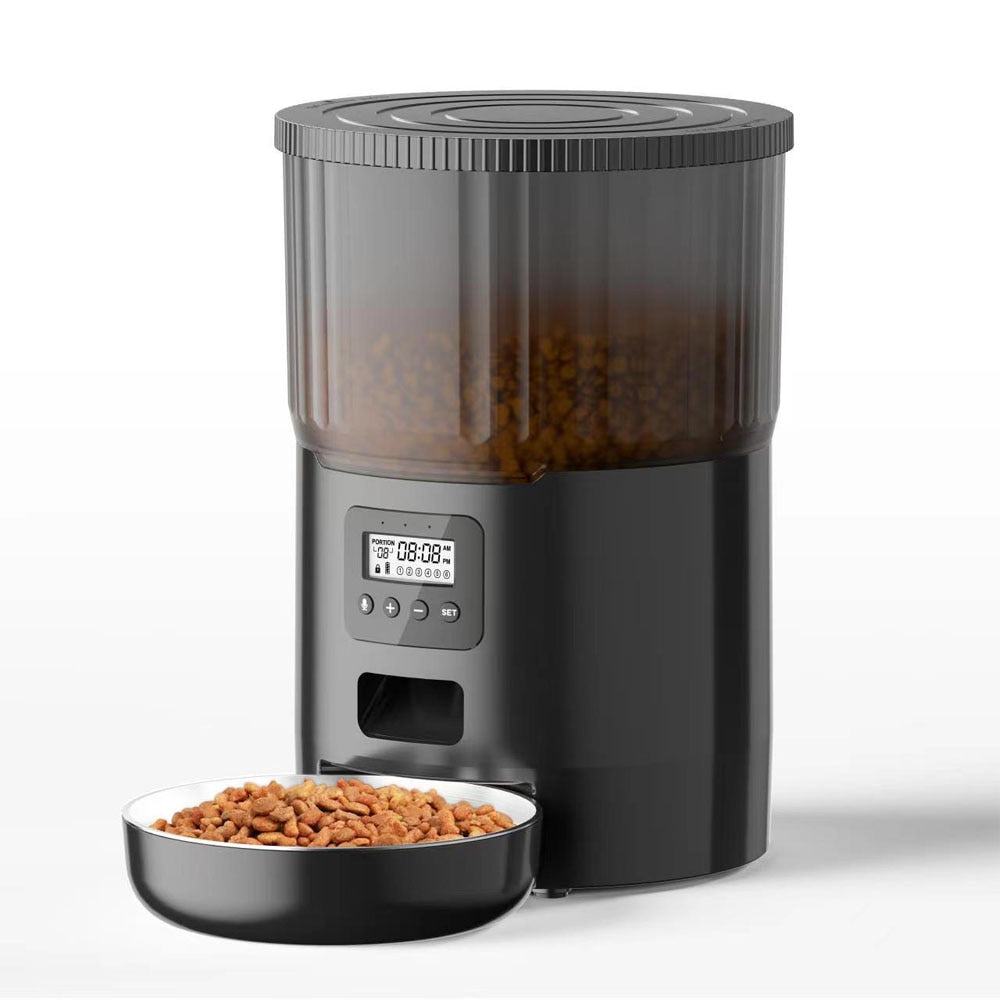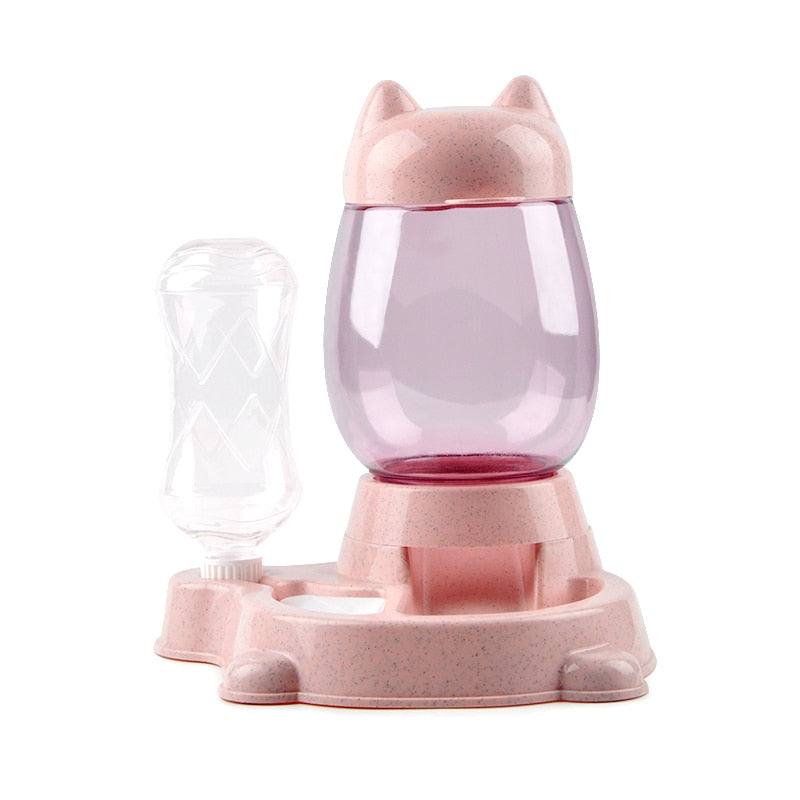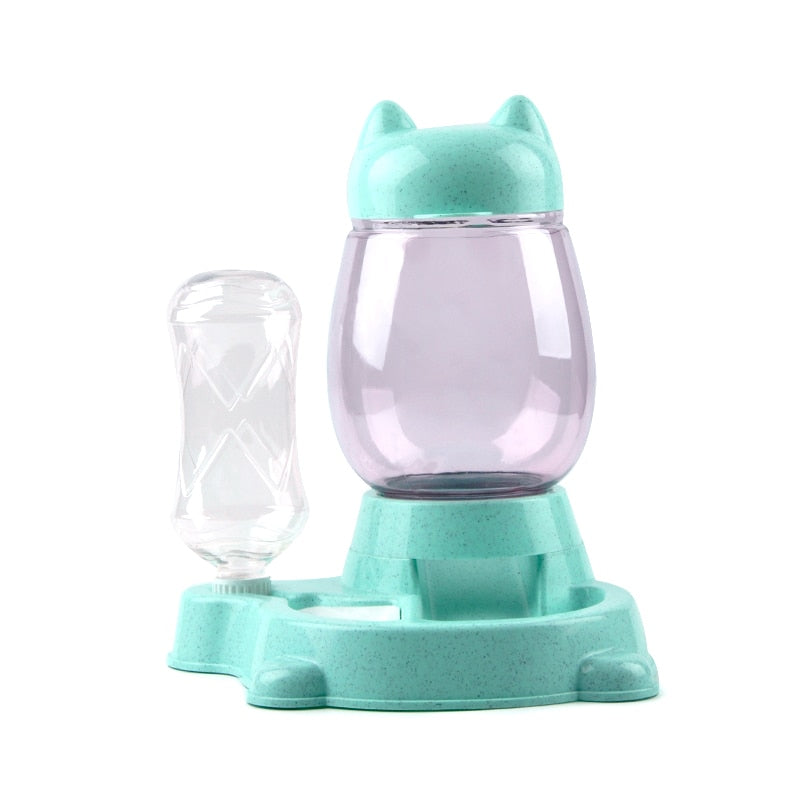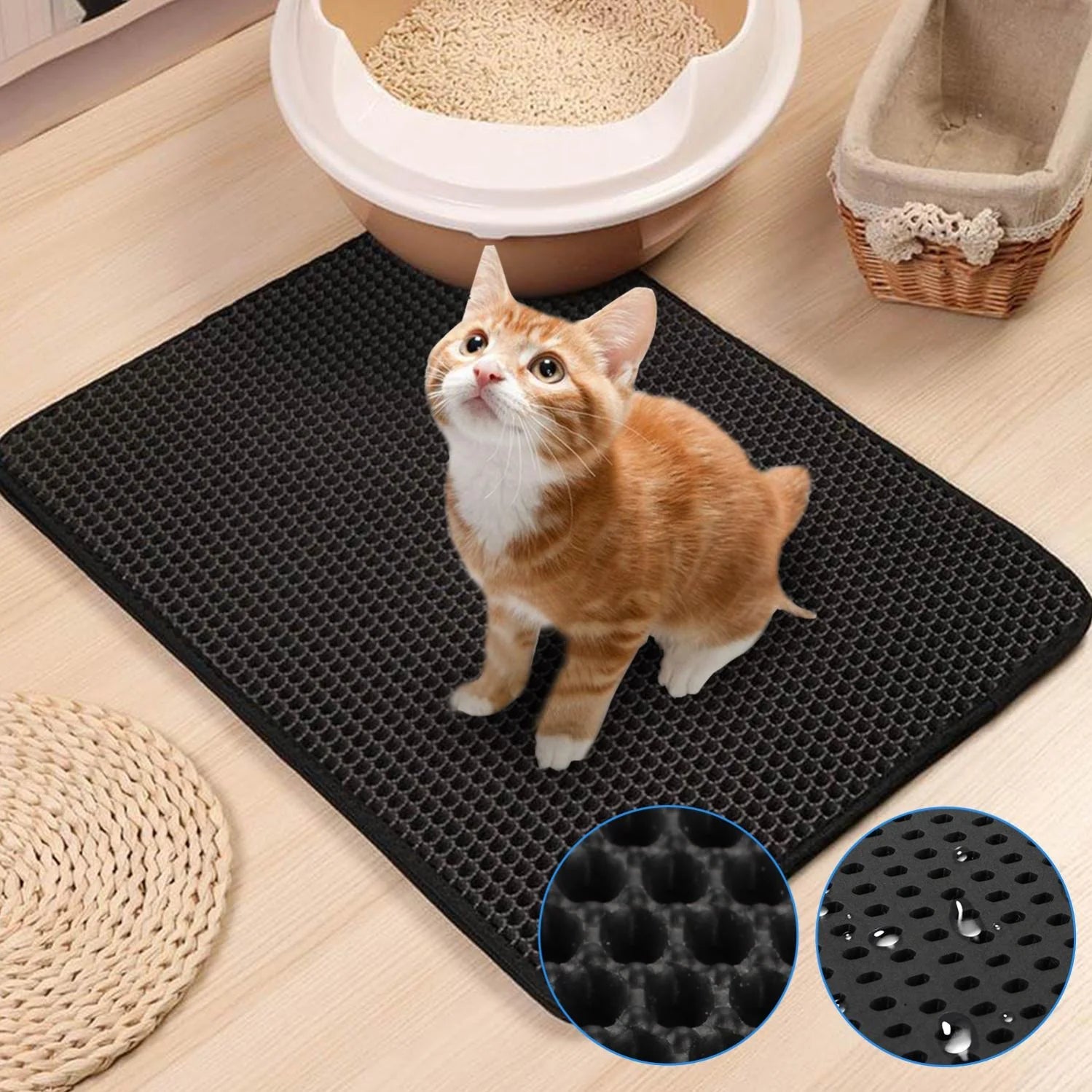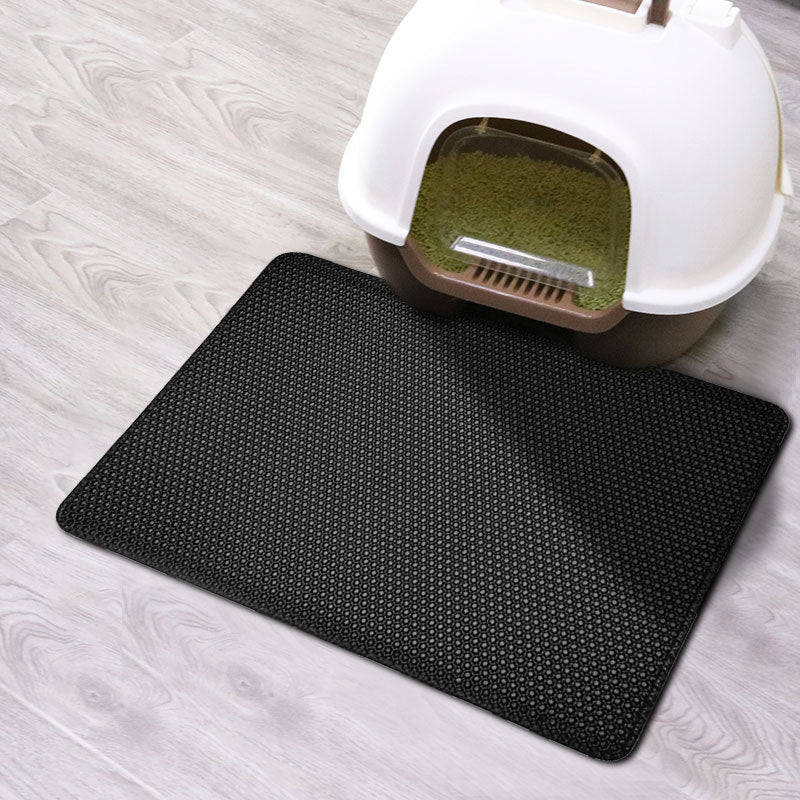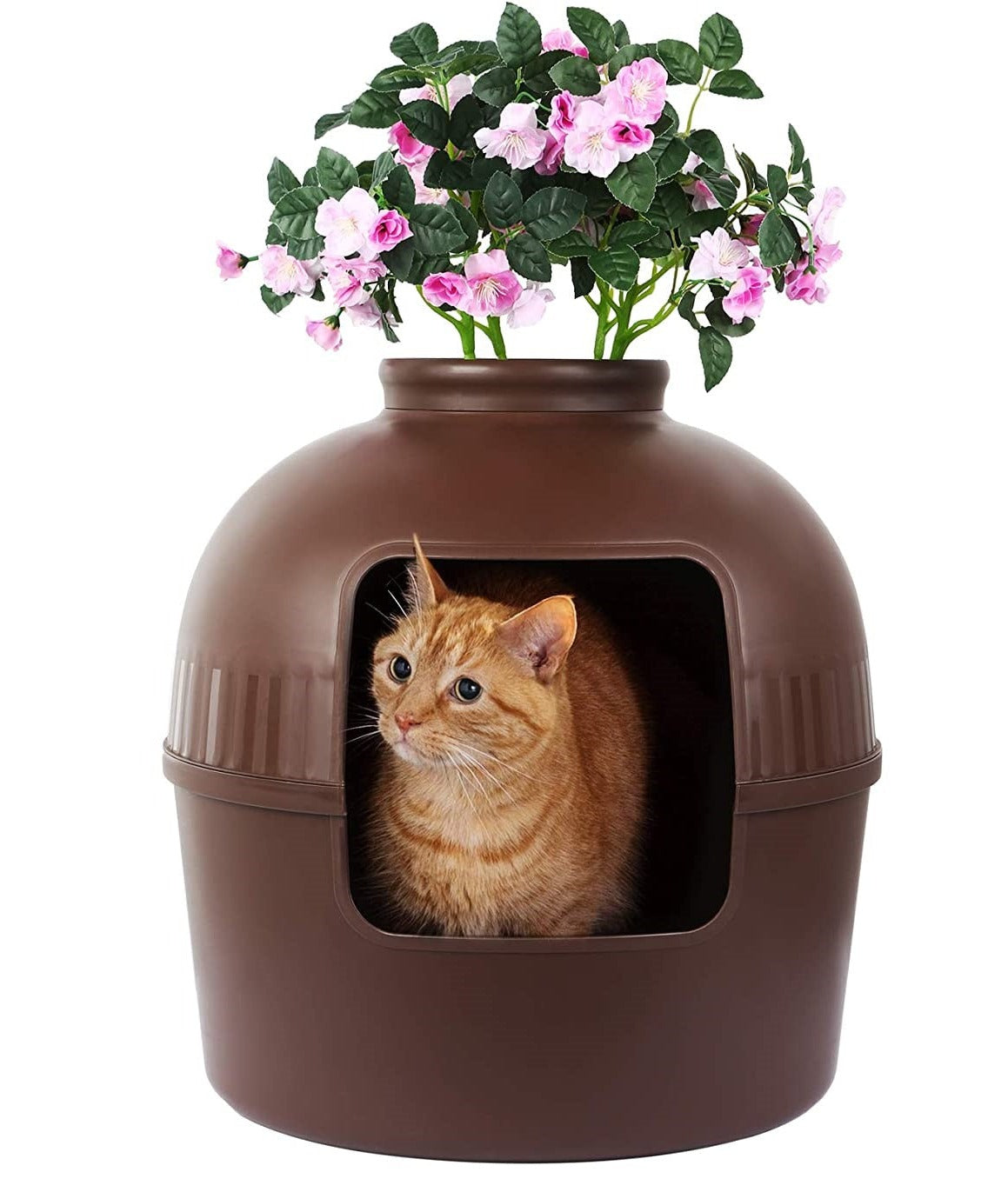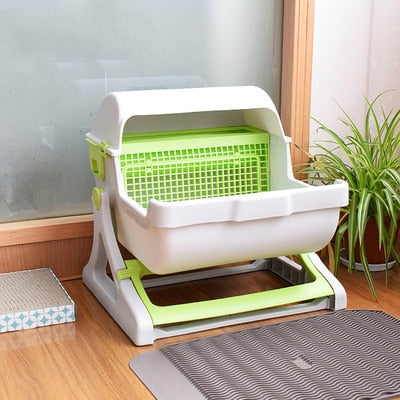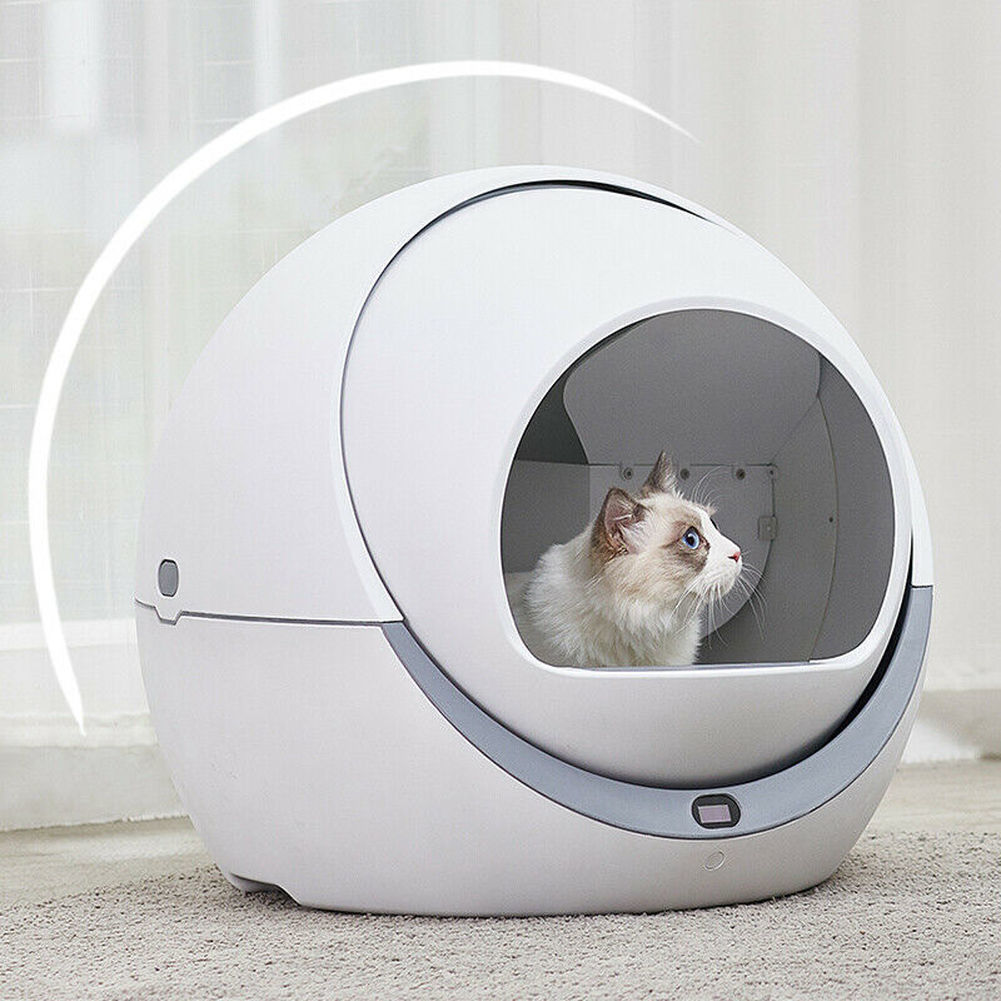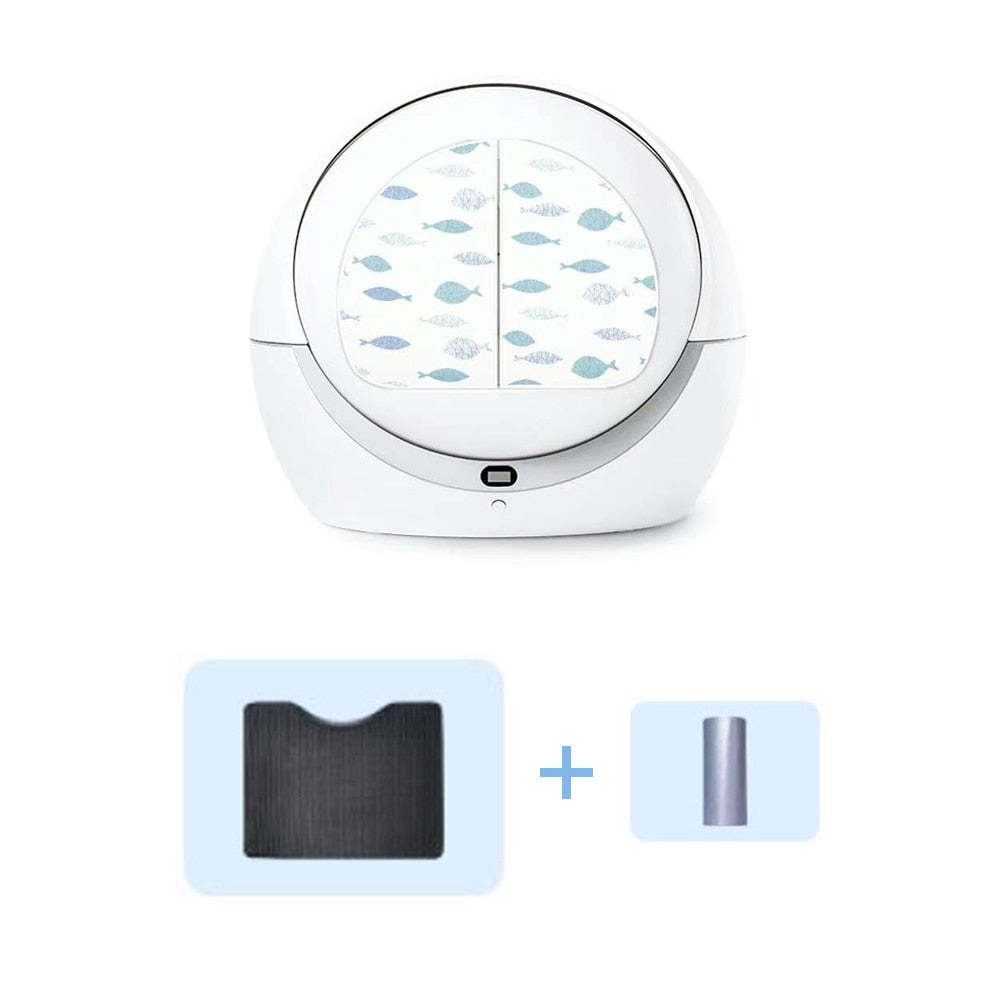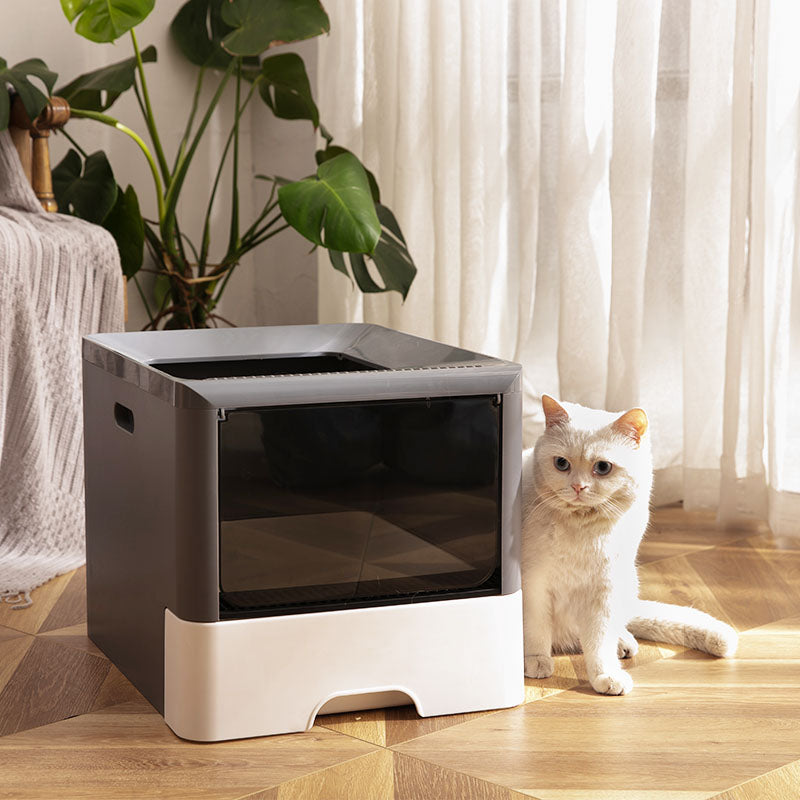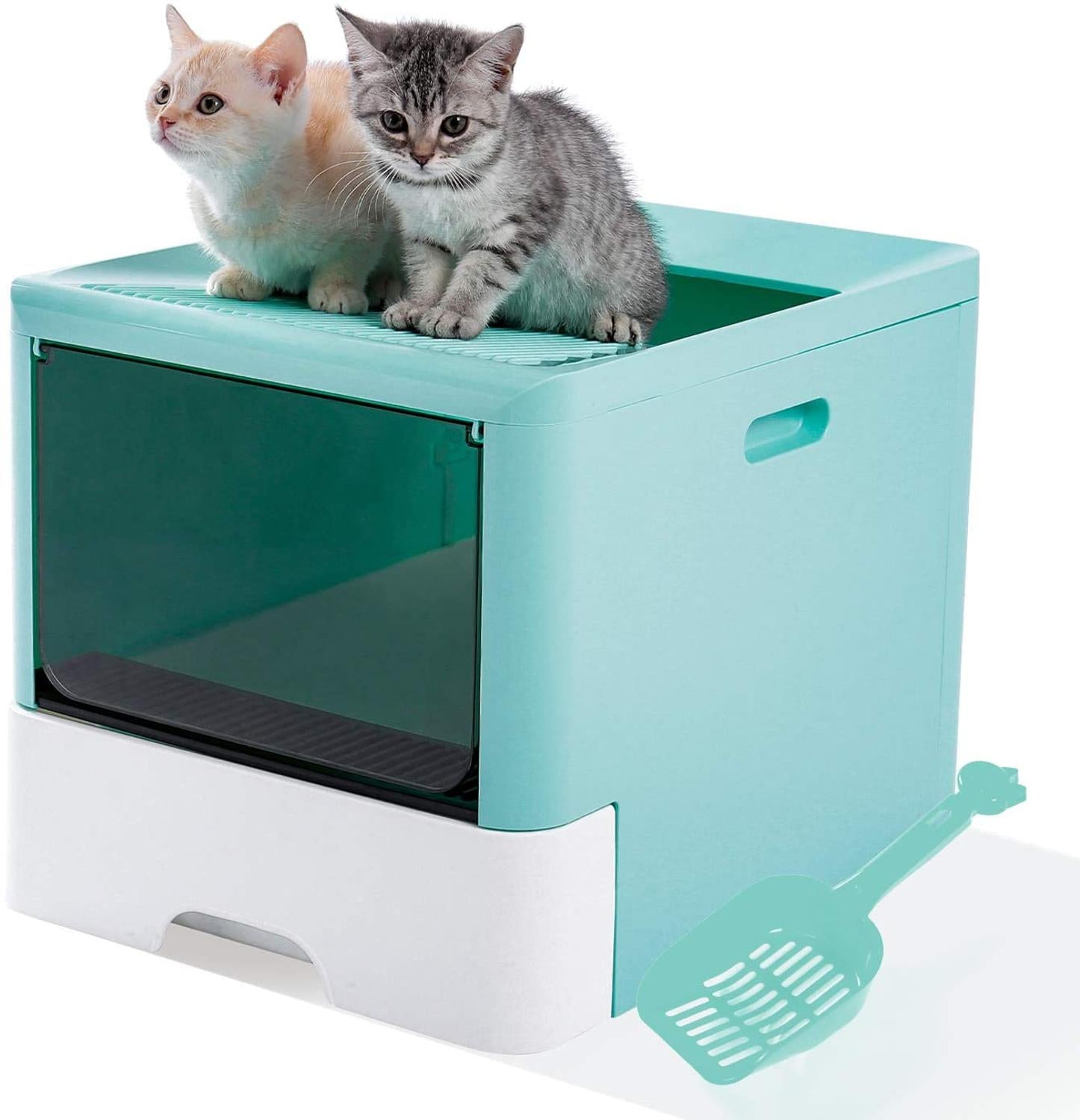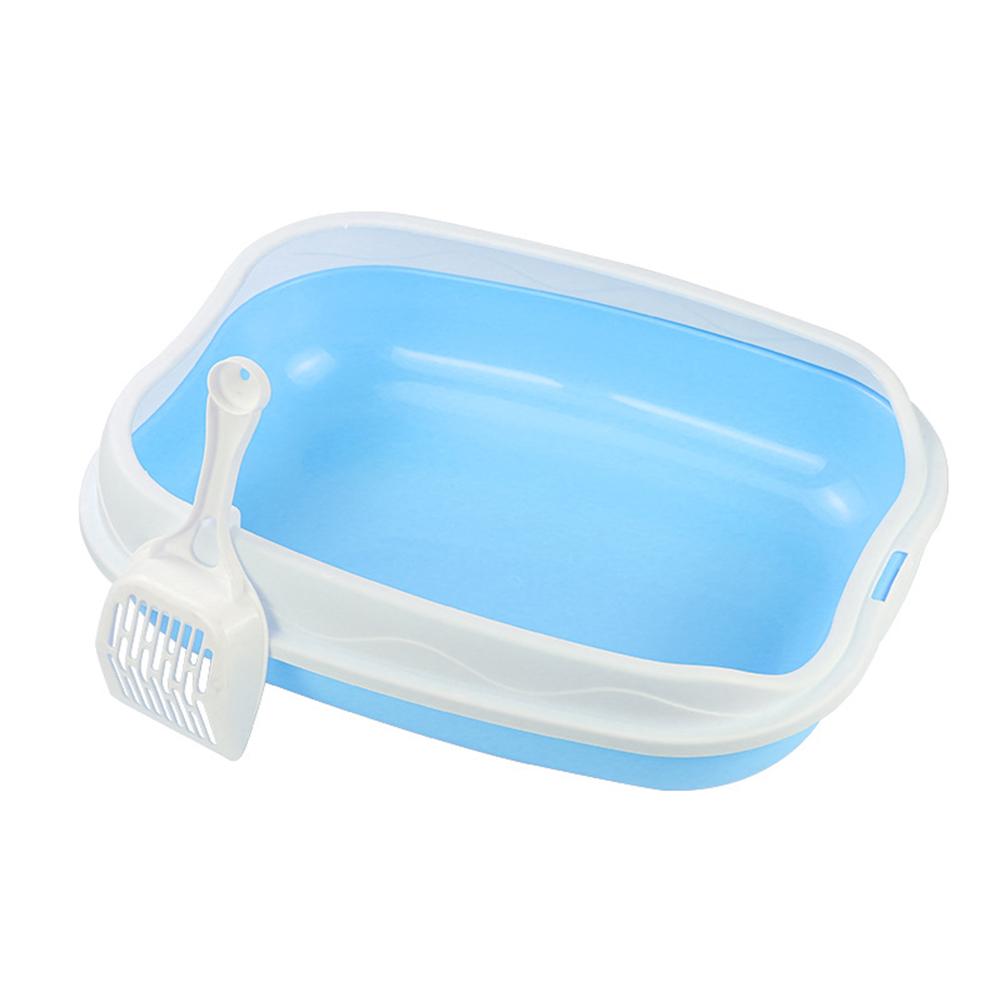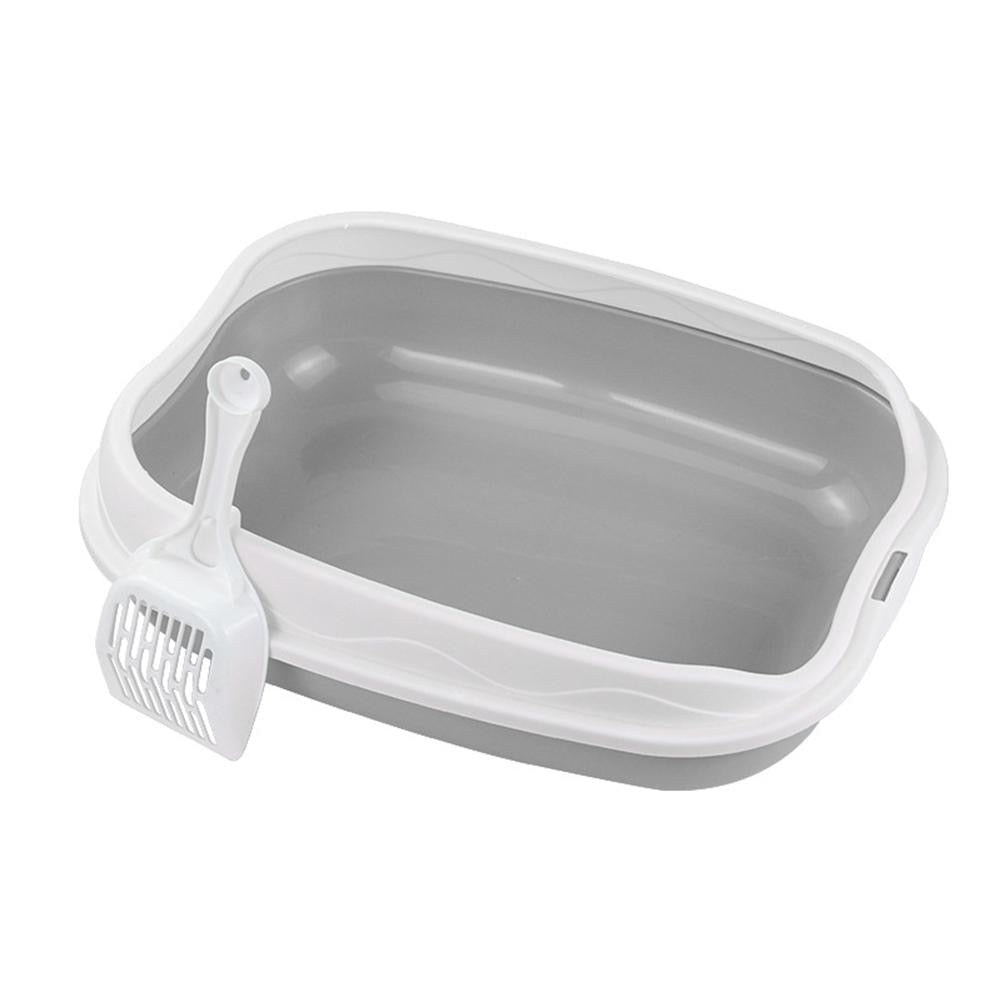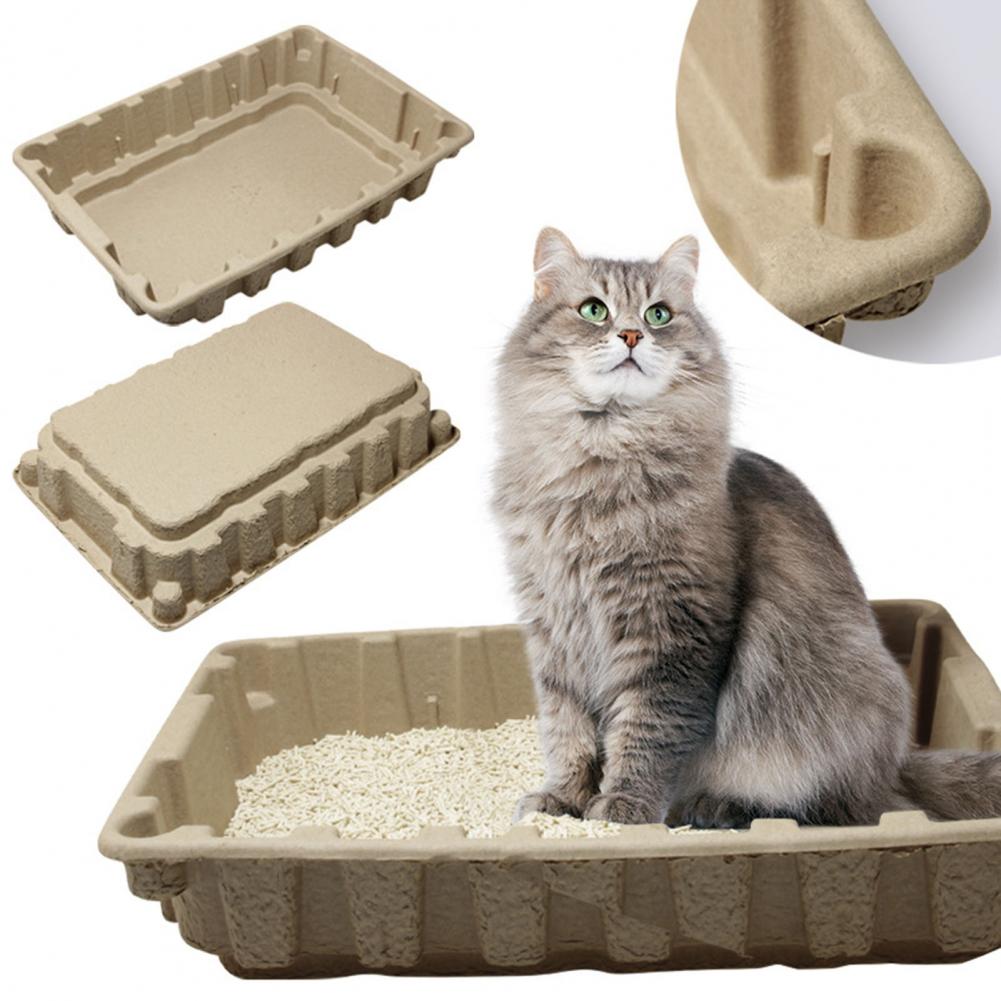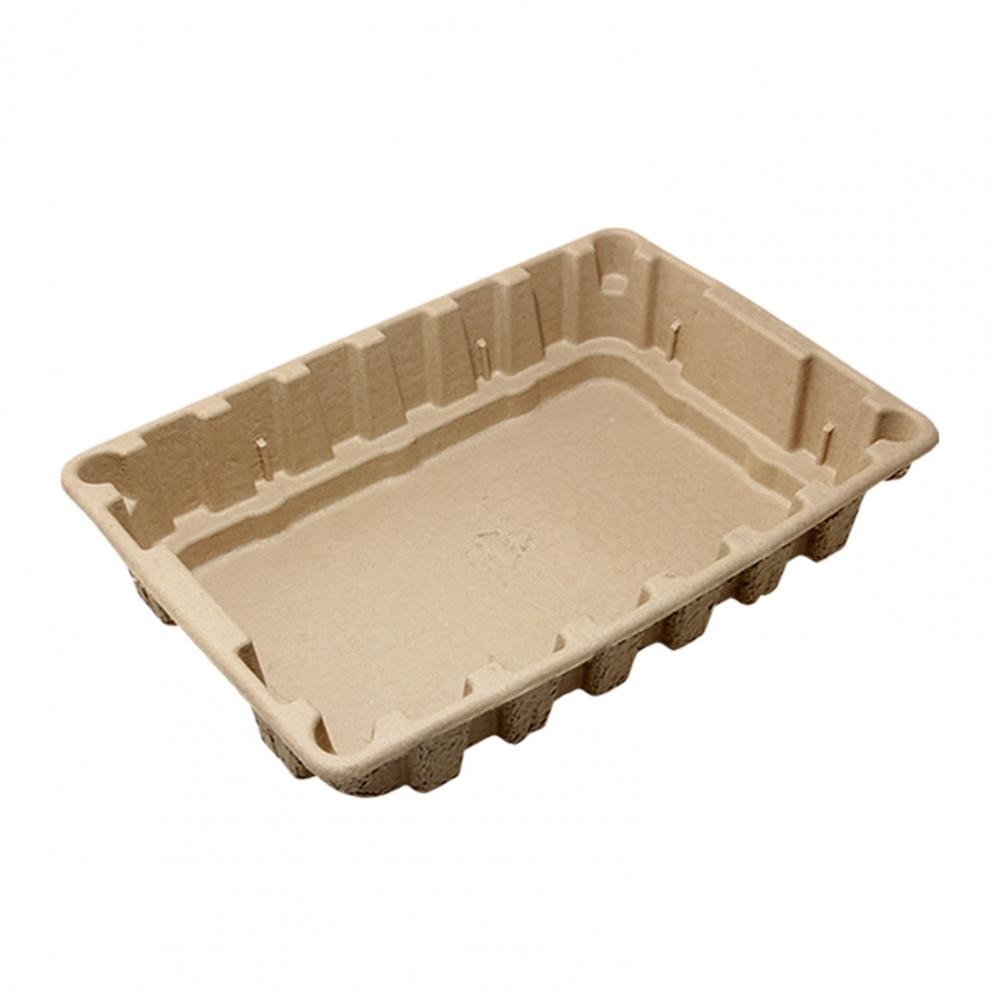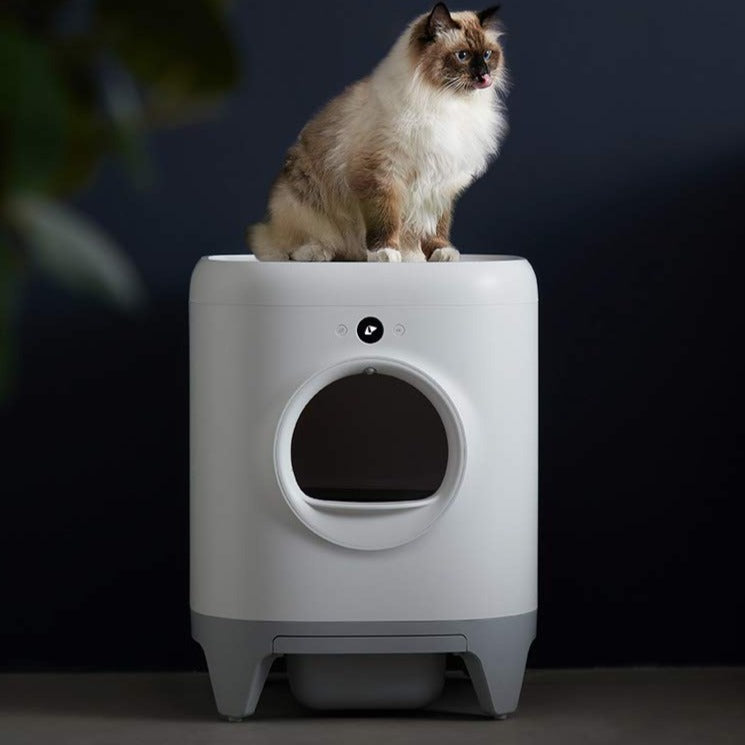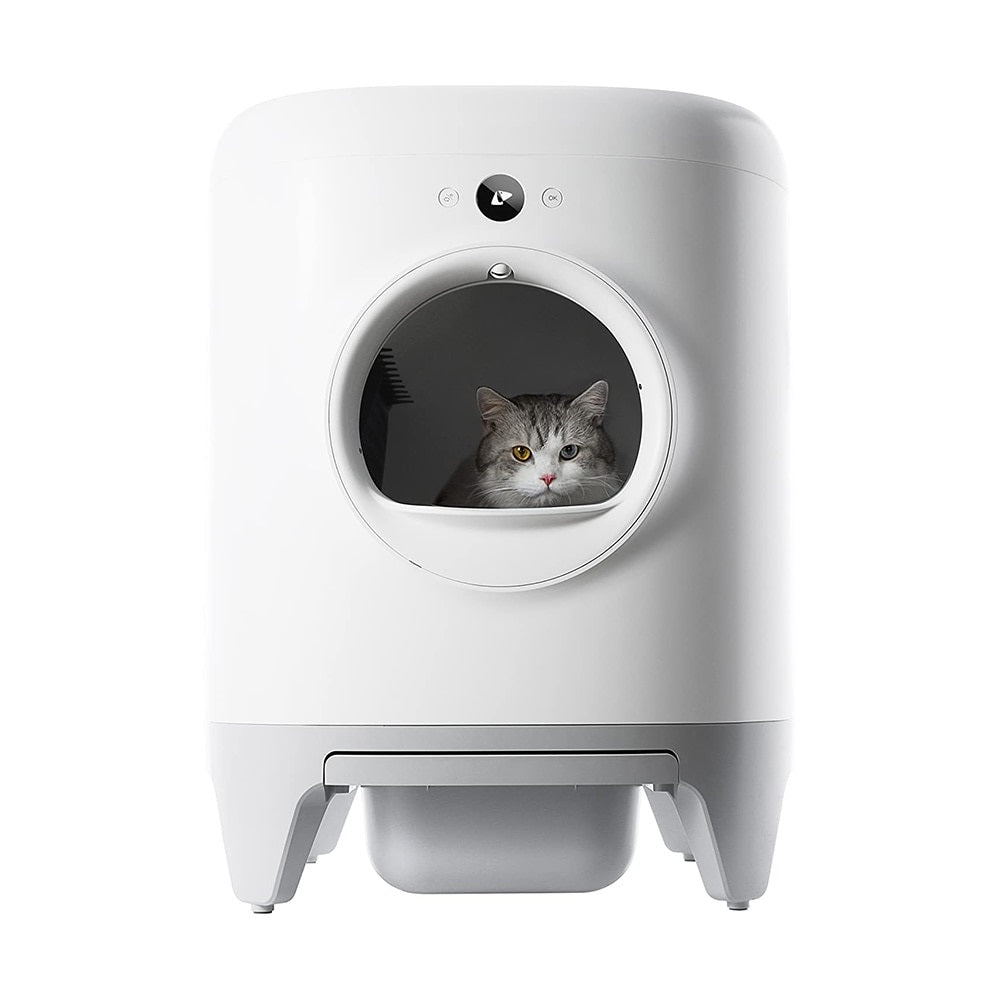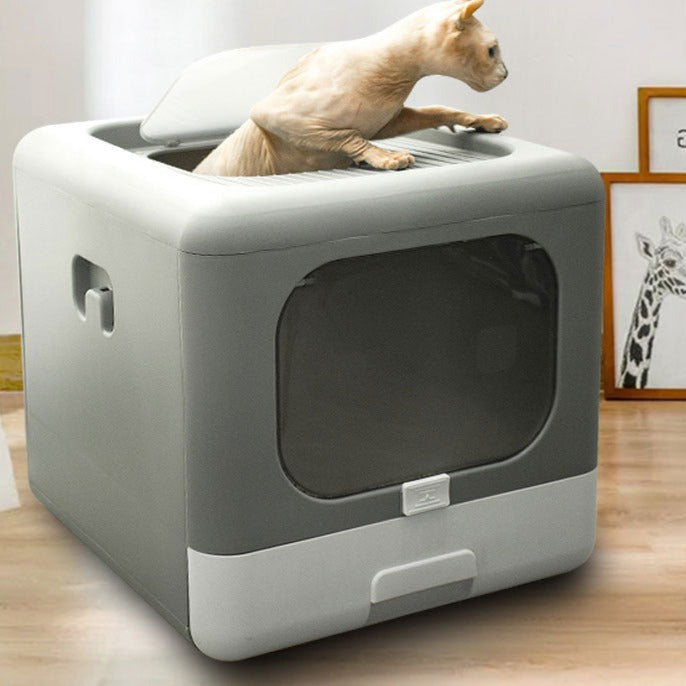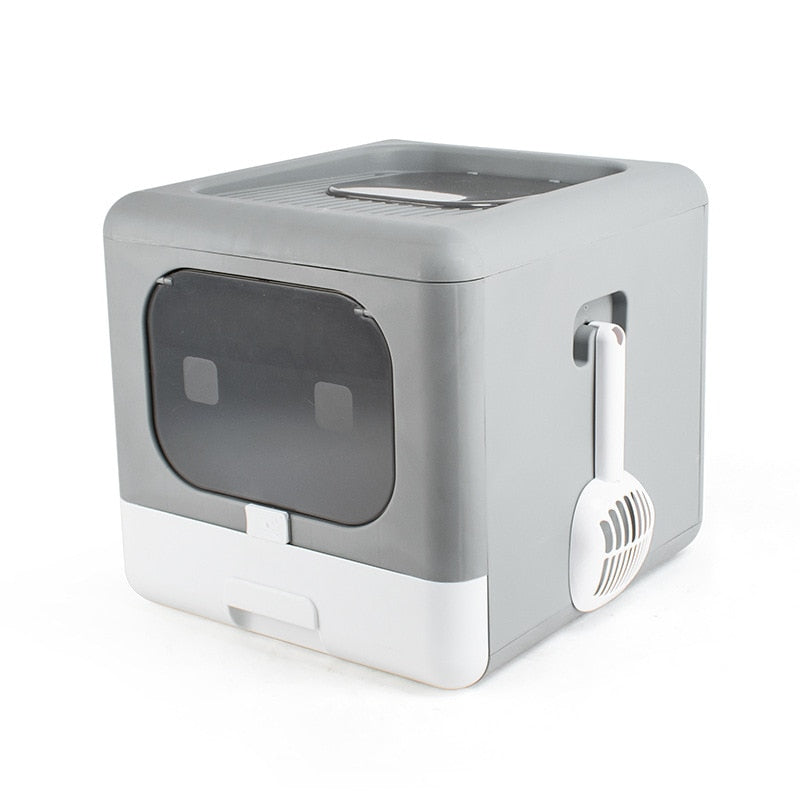Protect cat in winter: 5 Tips to Save him from Cold

5 Tips to Protect a Cat from the Cold: How to protect your cat in winter?

Do cats hate snow, cold? Is snow dangerous for my cat? Is my cat ready for winter? … These are all questions that many teachers ask themselves on the eve of winter.
Either way, you don't have to worry too much because, with their average body temperature of 38.5 ° C, cats tolerate snow and cold much better than humans. However, this does not prevent you from taking certain steps to ensure that your little feline faces winter safely. Below, you will discover all our advice to protect your cat from the winter weather and get through this period with confidence.
5 tips to protect a cat from the cold in winter
Depending on their breed, some cats are less vulnerable to the cold than others, because of their hair that is naturally longer and dense than average. However, whatever the breed of your 4-legged companion as many specialist cat websites confirm, it is essential that you take precautionary measures to keep him out of the winter cold.
Make her a bed sheltered from the wind and very cozy
Even if she does not like a change too often, your furball will not be against a warmer doghouse during the winter. Arrange a cozy bed for him, preferably above the ground, far from openings and close to a heat source. The corner where your little feline will have to spend his long hours of nap must always be warm to welcome him after his daily activities, you will have to take care of it.
Prefer a richer diet
During the winter, animals must develop a layer of fat over the entire body to protect themselves from the cold. This is why, for your cat, it is recommended a well adapted diet, with grain-free kibbles with a very high protein content of animal origin.
You will also notice that if your pet is very active and spends a lot of time outdoors, he will need to eat more than usual during the winter, and much more if he is too young or too old. So do not hesitate to throw him sweets from time to time, or even pieces of meat or fish in addition to the croquettes.
Even in winter a cat must drink well
It is a fact: even during the winter, the tomcat must be well hydrated, especially because of the heating of the house and the dry air outside. Indeed, heating and cold in this region decreases the humidity of the ambient air and dries up the air in the house, which will contribute to the dehydration of your pet. You will notice that your cat will be thirstier than usual. This is why you will have to provide it with unlimited water, and check regularly that it is not lacking.
Check his state of health regularly
When the mercury drops in winter, it is not uncommon for small, benign illnesses to appear in your little feline such as coughs, colds, etc. After his daily walks, be sure to give him a small regular check-up: check his paws and see if he coughs or sneezes.
A visit to the vet is usually not necessary unless you notice other alarming symptoms.
Stay alert if he wants to come home.
For a home feline, winter is not too worrying. On the other hand, if your cat is the adventurous type, he must not find himself stranded outside. You must therefore install cat flaps in the cabin, barn, or garage to facilitate and control the comings and goings of your cat and provide him with a warm place when he wants.
Outdoor cats or indoor cats: Resistance to cold depends on the way of life As
you will have noted: each cat is different and has its own way of life. An indoor cat used to the thermal comfort of the house will necessarily have more difficulty coping with the low outdoor temperatures of winter than one who is used to walking outside.
As a result, the resistance to the cold of your 4-legged companion will strongly depend on the lifestyle to which you will have accustomed him from an early age.
Should you let your cat go outside in winter?
Whether it is an outdoor or indoor cat, it is always important to let your 4-legged companion out of the house even in winter. If he's a homebody, you'll just have to make sure he doesn't spend too much time outside.
If, on the other hand, your cat has always been a great adventurer, no need to freak out ! Over time and during his multiple outings, he has built up a thick enough undercoat to allow him to better cope with outdoor weather conditions. With such a down, rest assured, it is ready to face winter.
Is snow dangerous for the cat?
Just as there are cats that love water and some do not, some cats love snow and some do not. In any case, note that the snow does not represent a danger for the cat.
However, it is recommended that you regularly check the pads of your little furball. By dint of walking too much on snow or road salt, its sensitive pads can be damaged. When he gets home, wash and rinse the pads with lukewarm water and depending on their condition, you may or may not apply a balm.
Consequences of the cold for the cat, stay alert!
Even if your little feline can withstand low temperatures better than you, the cold can have serious consequences on his health. You will have to be attentive to be able to detect them in time.
Watch and care for the pads
When your cat walks for long hours on cold ground, her pads are at great risk for lesions. In addition, small pebbles can slip between the pads and hurt the animal. Thus, you should regularly monitor your pet's paws and remove them if necessary.
In the event of an injury, you can apply a repairing balm or any other suitable product recommended by your veterinarian.
Rheumatism, osteoarthritis, pains that wake up with the cold
When the cold arrives, the drop in temperatures wakes up joint problems, this sometimes results in increased pain due to rheumatism and osteoarthritis, pain that affects his joints. In these cases, please keep it away from sources of cold drafts and bring it closer to heat sources such as the radiator or fireplace, your cat will get closer to himself if he can.


